




I combine lifestyle medicine and functional medicine to help people over the age of 40 THRIVE in the second half of their life I’ll help you bridge the gap between cutting-edge science and the practical, actionable steps you can take to
Reignite your natural vitality & energy
Resolve persistent digestive issues
Boost your brainpower
Achieve hormonal harmony
Embrace a new chapter of health and happiness
Jason Prall Integrative Health Practitioner
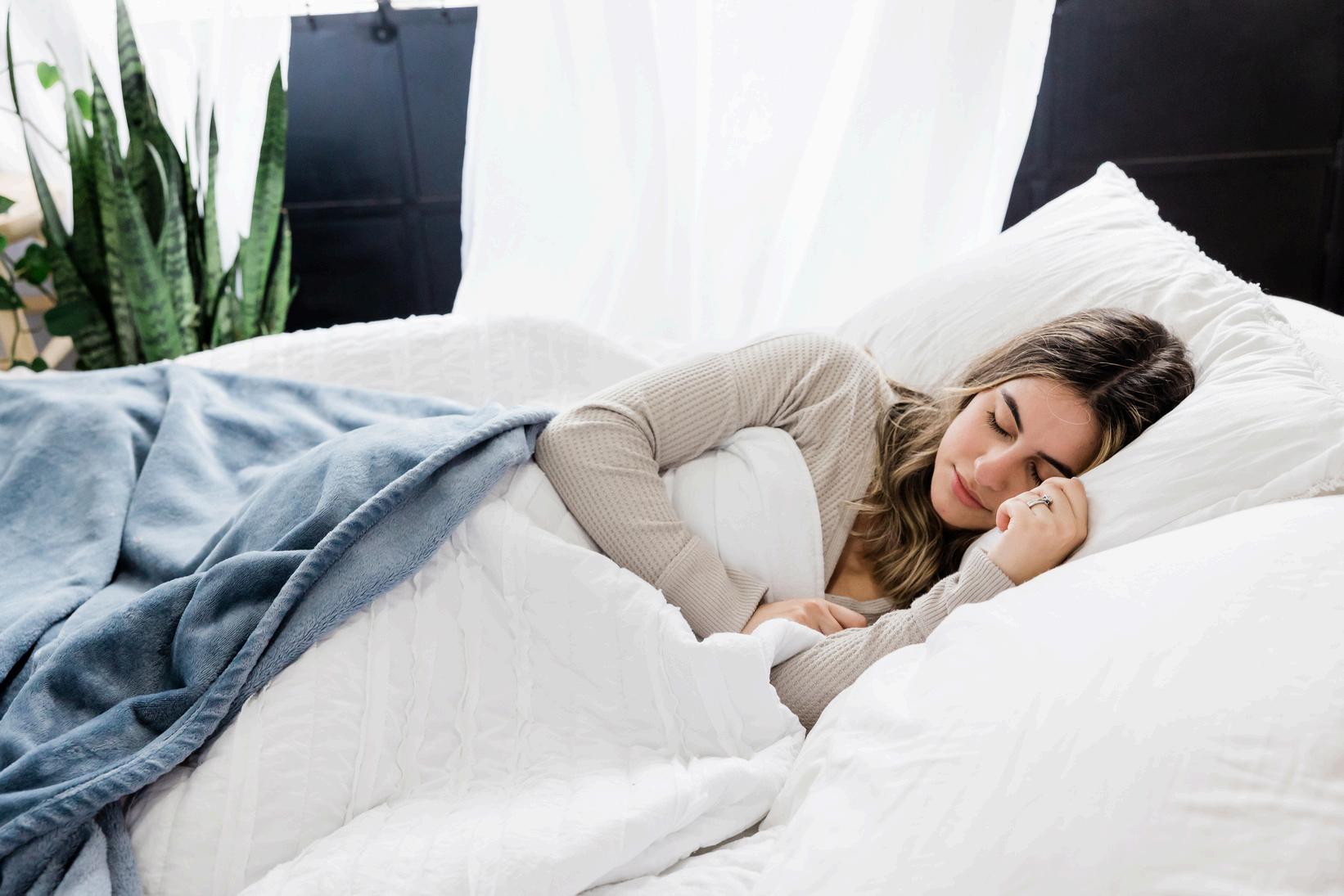
We all know sleep is important, but did you know it's as crucial for your health as eating well and exercising?
When we sleep, our bodies and brains do the vital work we can't do while awake For instance, our brains clean out toxins and waste, we form memories, and our bodies repair damaged tissues and boost our immune systems
Recent studies have shown just how important sleep is for staying healthy and living longer:
Heart Health: People who sleep less than 6 hours a night have a 48% increased risk of developing or dying from coronary heart disease [1]
Brain Health: Poor sleep in older adults can lead to memory loss and increase the risk of dementia. A UC Berkeley study found that poor sleep could explain memory loss and forgetfulness in older adults, potentially increasing the risk of Alzheimer's disease [2]
Immune System: Those who sleep less than 7 hours are about 3 times more likely to catch a cold when exposed to the virus, according to a study published in the journal Sleep [3]
Blood Sugar: Just a few days of poor sleep can make your body less sensitive to insulin, increasing your risk of diabetes. A study in the Annals of Internal Medicine found that just 4 days of sleep deprivation reduced insulin sensitivity by more than 30%. [4]
Weight: Not sleeping enough can make you feel hungrier and less satisfied after eating, which can lead to weight gain Research in the Journal of Clinical Endocrinology & Metabolism showed that sleep deprivation led to increased levels of ghrelin (the 'hunger hormone') and decreased levels of leptin (the 'satiety hormone'). [5]
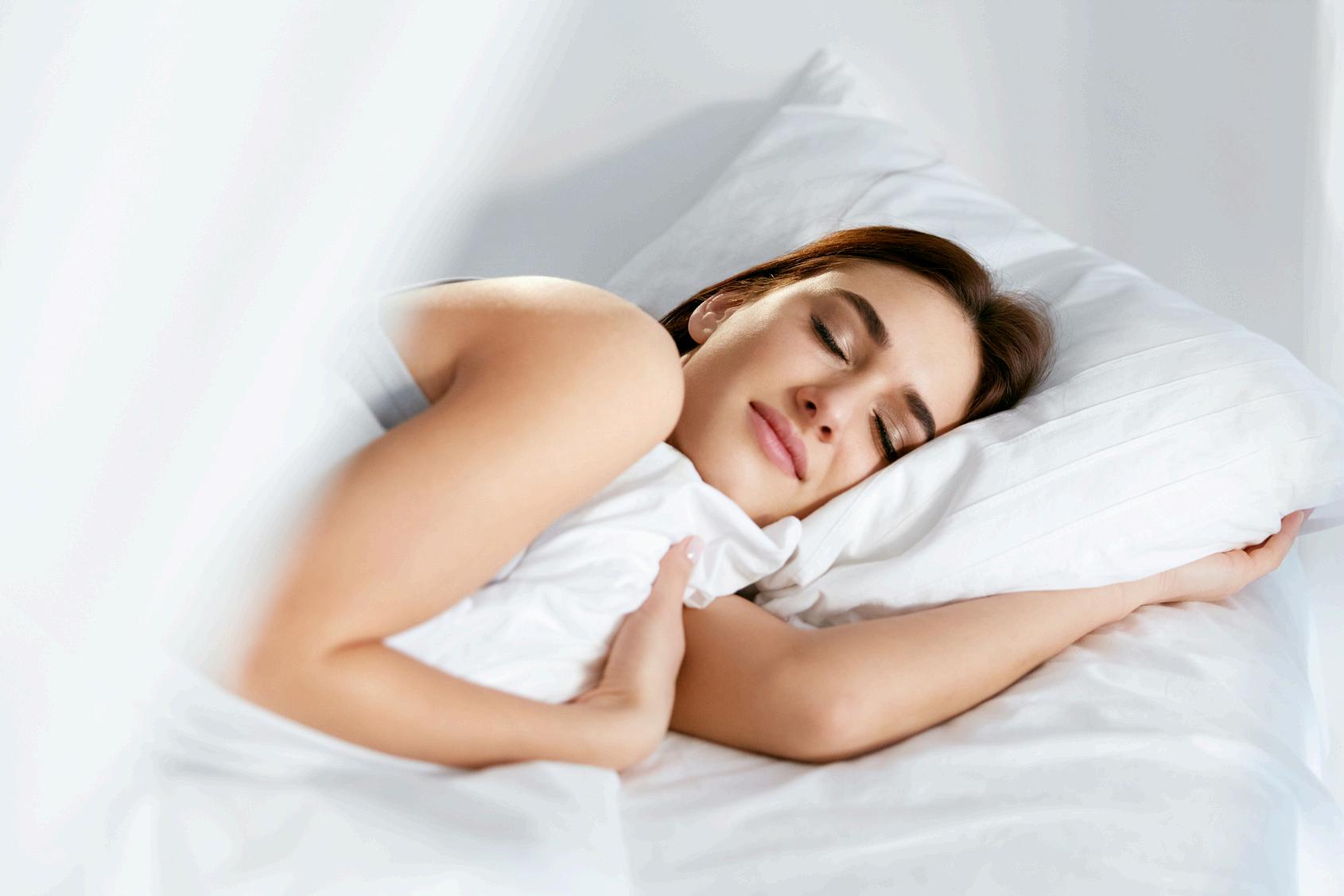
Despite how important sleep is, many of us struggle to get enough good quality rest According to the Centers for Disease Control and Prevention, about 1 in 3 adults in the United States don't get enough sleep regularly [6] Even worse, many people who think they're sleeping enough might be getting poor-quality sleep due to hidden factors.
In this guide, we'll look at 23 surprising things that ruin your sleep. We'll explain each problem, reveal the science behind it, and give you practical solutions to try
By the end of this guide, you'll understand more about what affects your sleep and have some new ideas to help you sleep better
Remember, getting better sleep isn't just about feeling good tomorrow – it's about staying healthy for years to come.

Not getting enough natural light during the day can disrupt your sleep-wake cycle. Our bodies have evolved to respond to the sun's natural light-dark cycle, which is crucial in regulating our circadian rhythm (the body's internal 24-hour clock which regulates various biological processes, including sleep)
Exposure to natural daylight, especially upon waking, helps regulate your circadian rhythm and improves nighttime sleep quality A study of office workers found that those with more light exposure during the day slept better at night, falling asleep faster and experiencing fewer sleep disturbances [7]
Sunlight exposure triggers the production of serotonin, a neurotransmitter that helps regulate mood and sleep. It also helps suppress daytime melatonin production, which in turn allows for a stronger melatonin signal at night when it's time to sleep
Try to get at least 20 minutes of daylight exposure upon waking and 90 minutes of daylight exposure each day Take a walk outside during your lunch break or


Eating meals at inconsistent times can disrupt your body's internal clock, affecting your sleep patterns Many of us have erratic eating schedules due to busy lifestyles, but this can have a significant impact on our sleep quality.
Your digestive system has its own circadian rhythm, which interacts with your sleep-wake cycle. Irregular meal times can throw off this rhythm. A study published in the journal Current Biology found that people with irregular meal times had more variable sleep patterns and poorer sleep quality [8] The timing of meals affects the release of hormones like insulin and glucagon, which can influence your body's internal clock

Try to eat your meals at consistent times each day This helps regulate your body's internal clock and improves sleep quality Pay special attention to keeping a consistent dinner time, as this meal is closest to bedtime Aim to finish your last meal at least 3 hours before bedtime to give your body time to digest.

Cortisol is crucial in regulating our sleep-wake cycle. Its job is to mobilize energy resources and increase alertness, helping us wake up and stay active during the day However, when cortisol levels are imbalanced, it can significantly disrupt our sleep patterns
Cortisol follows a natural daily rhythm, typically peaking in the morning to help us wake up and gradually declining throughout the day A study published in the journal Sleep Science showed that disruptions to this natural cortisol rhythm are associated with sleep disorders and poor sleep quality. [9]
In midlife, cortisol patterns can become disrupted due to chronic stress, hormonal changes (especially in women going through menopause), and lifestyle factors This can lead to difficulty falling asleep, frequent night awakenings, and feeling unrefreshed in the morning
To help regulate your cortisol levels, establish a consistent daily routine that supports your body's natural rhythm. Start your day with exposure to natural light and some light exercise, which can help normalize cortisol patterns Practice stress-reduction techniques like meditation or deep breathing exercises throughout the day In the evening, create a calming bedtime routine and avoid stimulating activities
Consider adapting your diet to include foods that support adrenal function, such as leafy greens and whole grains. If you're experiencing persistent sleep issues, especially during midlife transitions, consult with a healthcare provider who can assess your cortisol levels and recommend personalized strategies to restore balance
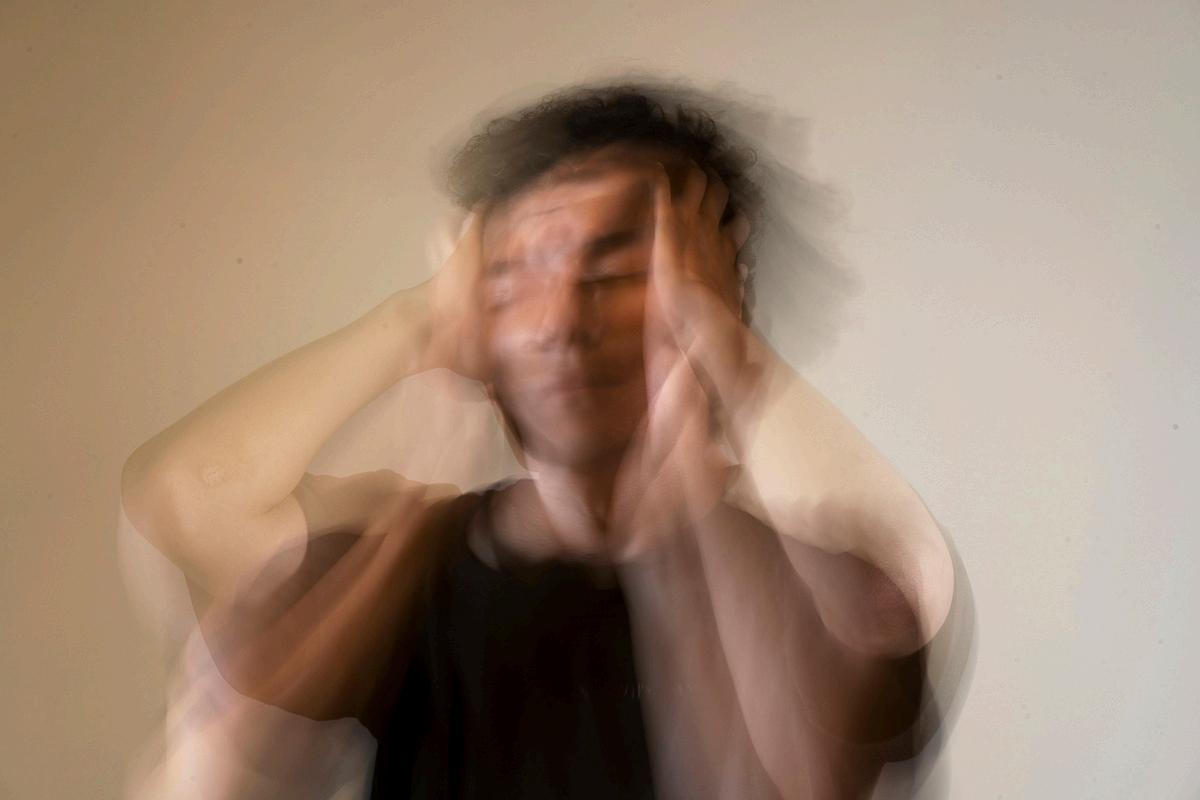
High stress levels and anxiety can mak difficult to fall asleep and stay asleep In our paced world, many people lie awake at ni their minds racing with worries about w relationships, or other life stressors
Stress and anxiety activate your body's "figh flight" response, making it physiologically ha to relax and sleep. This response triggers release of stress hormones like cortisol adrenaline, which can keep you alert and aw
A study published in the journal Sleep Med found that people with high levels of w related stress had more trouble falling as and experienced more sleep disturbances Furthermore, research in the Journal of S Research showed that anxiety disorders strongly associated with sleep disturban creating a vicious cycle where anxiety disr sleep, and poor sleep exacerbates anxiety [11
Develop a relaxing bedtime routine to help unwind This could include practices meditation, deep breathing exercises, or ge yoga before bed.
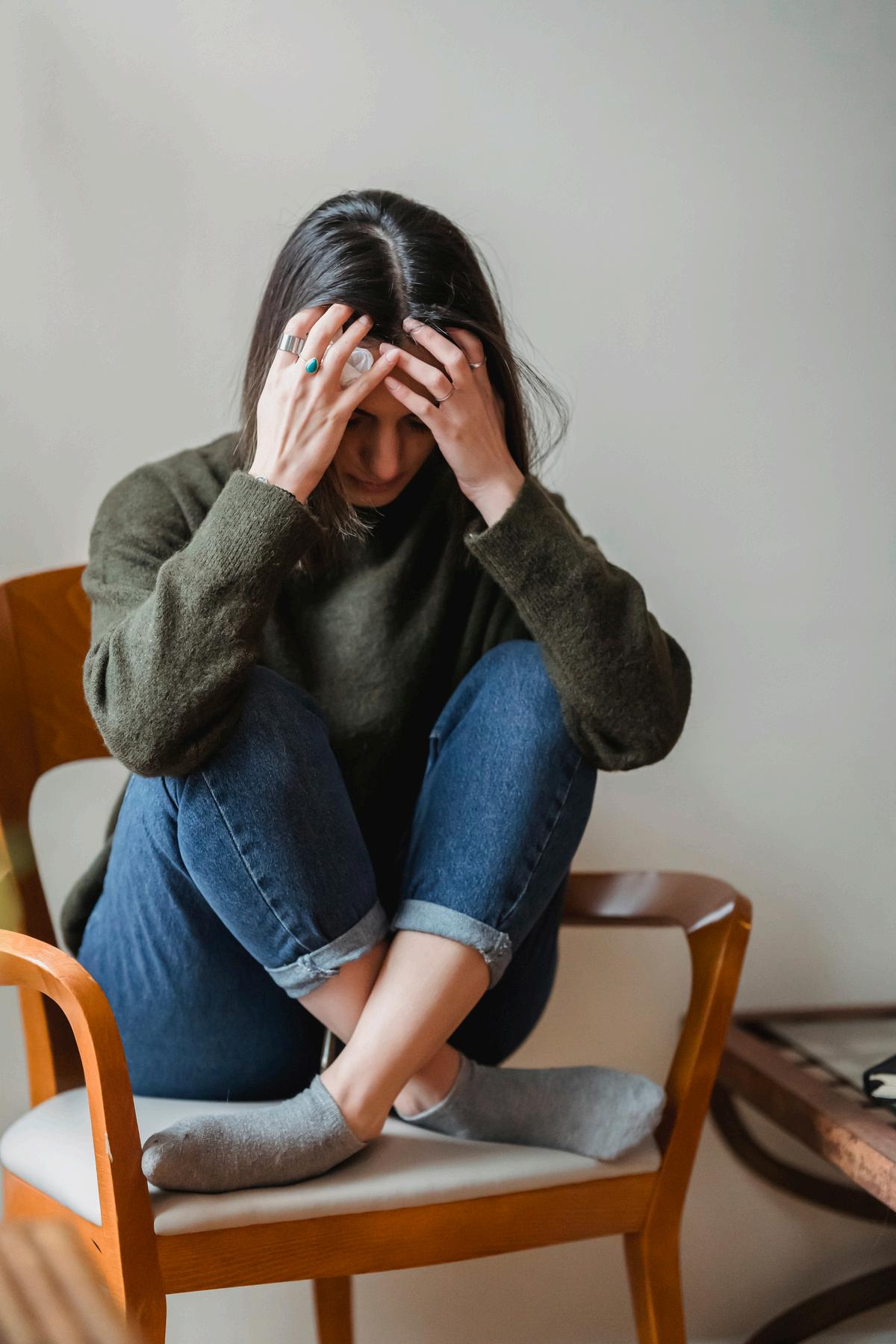
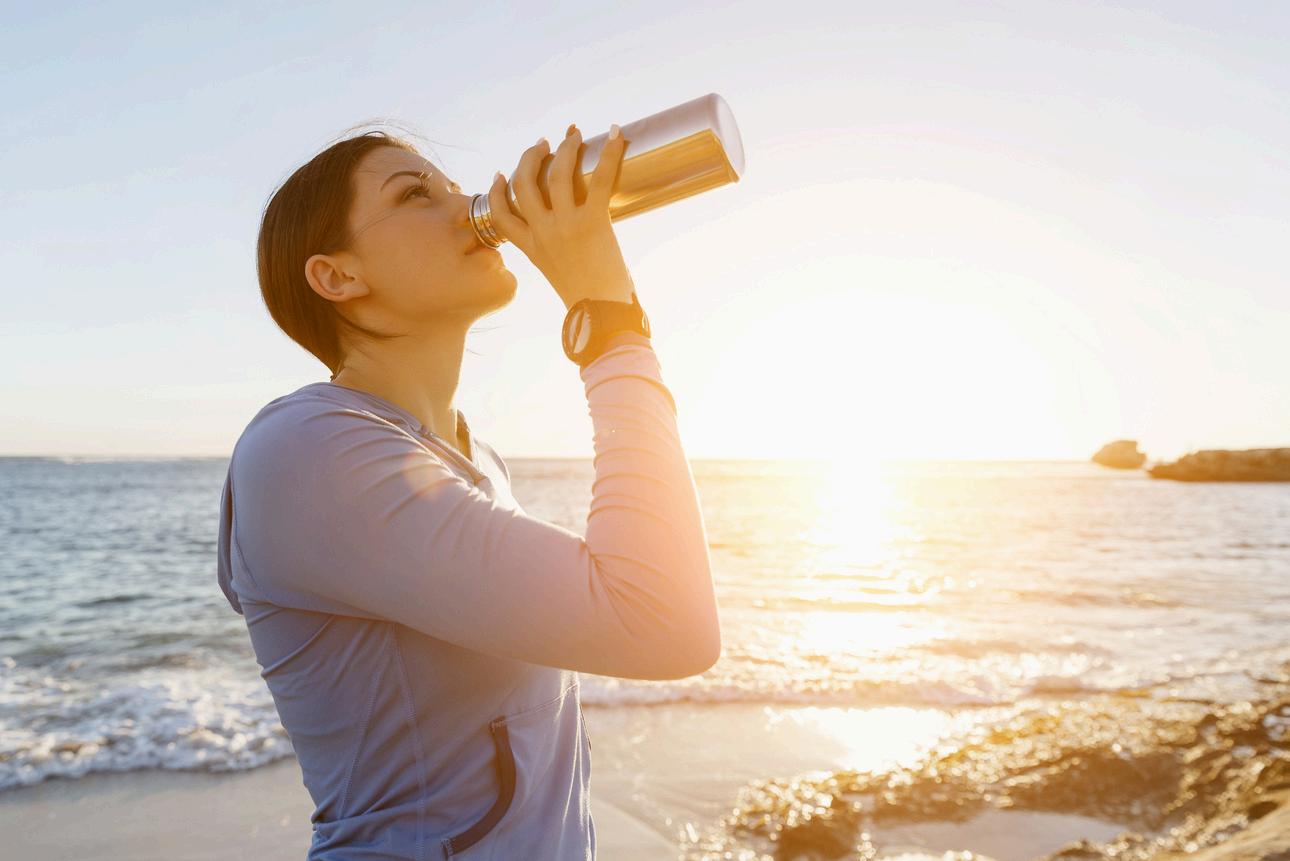
Not drinking enough water during the day can lead to disrupted sleep at night. Many people don't realize that their hydration status can significantly impact their sleep quality
Dehydration can cause symptoms that interfere with sleep, such as dry mouth, leg cramps, and snoring A study published in the journal Sleep found that adults who slept only 6 hours a night were more likely to be inadequately hydrated than those who slept 8 hours. [12]
Focus on staying well-hydrated throughout the day Aim to drink water regularly, but taper off in the evening to avoid nighttime trips to the bathroom. A good rule of thumb is to drink half your body weight in ounces of water each day with a pinch of high quality sea salt (like Celtic sea salt). For example, if you weigh 150 pounds, aim for 75 ounces of water


Using your bed for activities other than sleep and sex can make it harder for your brain to associate your bed with sleep
This is especially relevant in the age of remote work and binge-watching, where many people use their beds as makeshift offices or entertainment centers.
This concept is known as “stimulus control,” a key principle in cognitive behavioral therapy for insomnia (CBT-I) When you use your bed for various activities, your brain loses the strong association between your bed and sleep
A study published in the Journal of Clinical Sleep Medicine found that people who used electronic devices in bed took longer to fall asleep and reported poorer sleep quality. [13]
The principle of stimulus control suggests that strengthening the association between your bed and sleep can help improve sleep onset and quality This means reserving your bed primarily for sleep (and sex) and doing other activities elsewhere
Reserve your bed for sleep and sex only Do other activities like reading, watching TV, or working on your laptop in a different room
This helps strengthen the mental association between your bed and sleep.

Low vitamin D levels have been linked to poor sleep quality and sleep disorders This is particularly relevant for people who spend most of their time indoors or live in areas with limited sunlight
Vitamin D plays a crucial role in various bodily functions, including sleep regulation It's involved in melatonin production, often called the "sleep hormone"
A study published in the journal Nutrients found that people with vitamin D deficiency were more likely to experience short sleep duration and poor sleep quality [14] The study also revealed that low vitamin D levels were associated with a higher risk of sleep disorders, including sleep apnea
Vitamin D receptors are present in the areas of the brain that regulate sleep, suggesting a direct link between this vitamin and sleep processes.
Spend time outdoors in sunlight, which helps your body produce vitamin D naturally. If you can't get enough sun exposure, talk to your doctor about whether vitamin D3 supplem

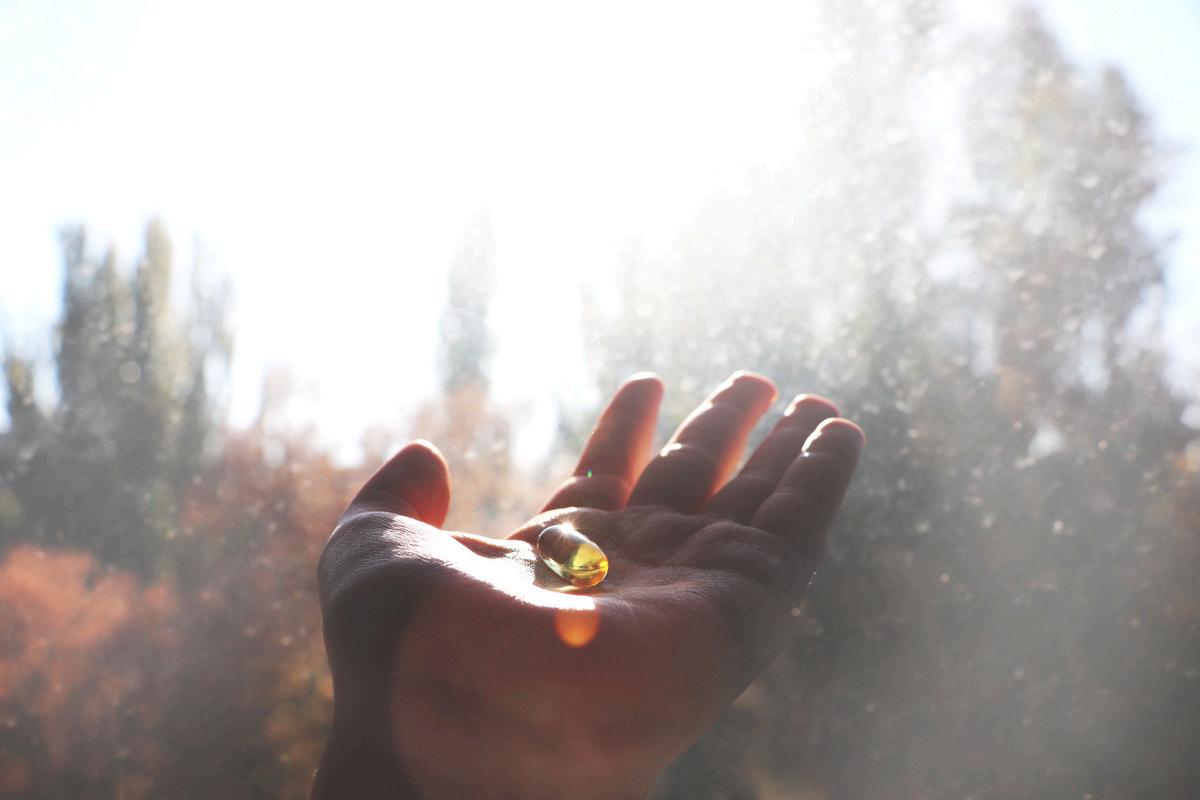

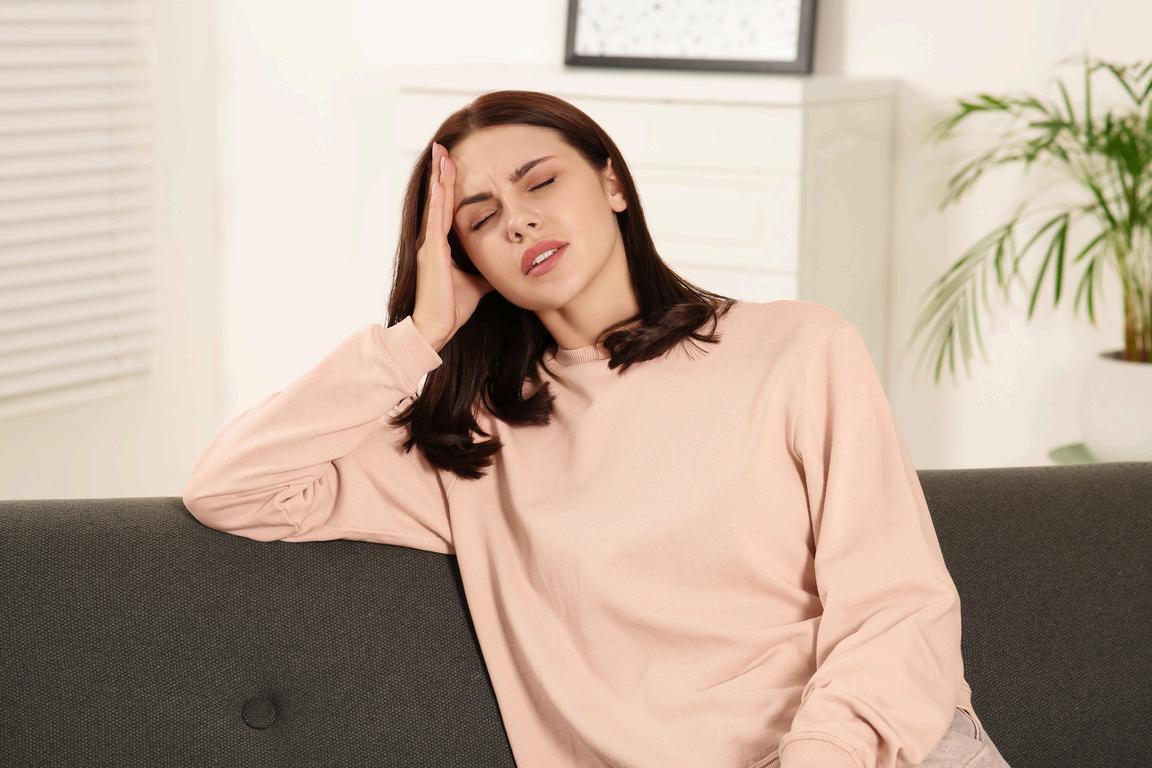
As we enter midlife, significant hormonal changes occur in both men and women that can surprisingly disrupt our sleep patterns and quality
For women, the transition to menopause (perimenopause) and menopause itself can significantly impact sleep A study published in the journal Sleep found that up to 61% of postmenopausal women report insomnia symptoms [15]
The primary culprit is the decline in estrogen and progesterone, which can lead to hot flashes, night sweats, and mood changes, all of which can disturb sleep.
Estrogen helps regulate body temperature and promotes sleep by interacting with sleep-inducing brain chemicals like serotonin As estrogen levels drop, the body's sleep-wake cycle can be thrown off balance
Additionally, lower progesterone levels can make it harder to fall and stay asleep, as progesterone has a slight sedative effect.
For men, the gradual decline in testosterone that occurs with aging (sometimes called "andropause") can also affect sleep A study in the Journal of Clinical Endocrinology & Metabolism found that lower testosterone levels in older men were associated with poorer sleep quality and more nighttime awakenings [16]
Testosterone plays a role in regulating sleep patterns and the production of melatonin. As testosterone levels decrease, it can lead to increased body fat, decreased muscle mass, and mood changes, all of which can indirectly affect sleep quality
Both men and women may also experience changes in growth hormone production during midlife, which can affect deep sleep stages
To manage these hormonal changes and improve sleep, focus on creating a cool sleeping environment and practicing stress-reduction techniques like meditation or yoga. Regular exercise can help regulate hormones, but avoid intense workouts close to bedtime
Consider cognitive behavioral therapy for insomnia (CBT-I), especially if you're a woman struggling with menopausal sleep issues Eat a balanced diet rich in phytoestrogens, which may help alleviate some symptoms. For men (and women), strength training can help maintain testosterone levels.
If symptoms are severe, consult with a healthcare provider about hormone replacement therapy, but remember this should be a personalized decision Lastly, have regular check-ups to monitor thyroid function, as thyroid issues can significantly impact sleep in midlife While hormonal changes are natural, severe sleep disturbances aren't, so don't hesitate to seek professional help if problems persist.
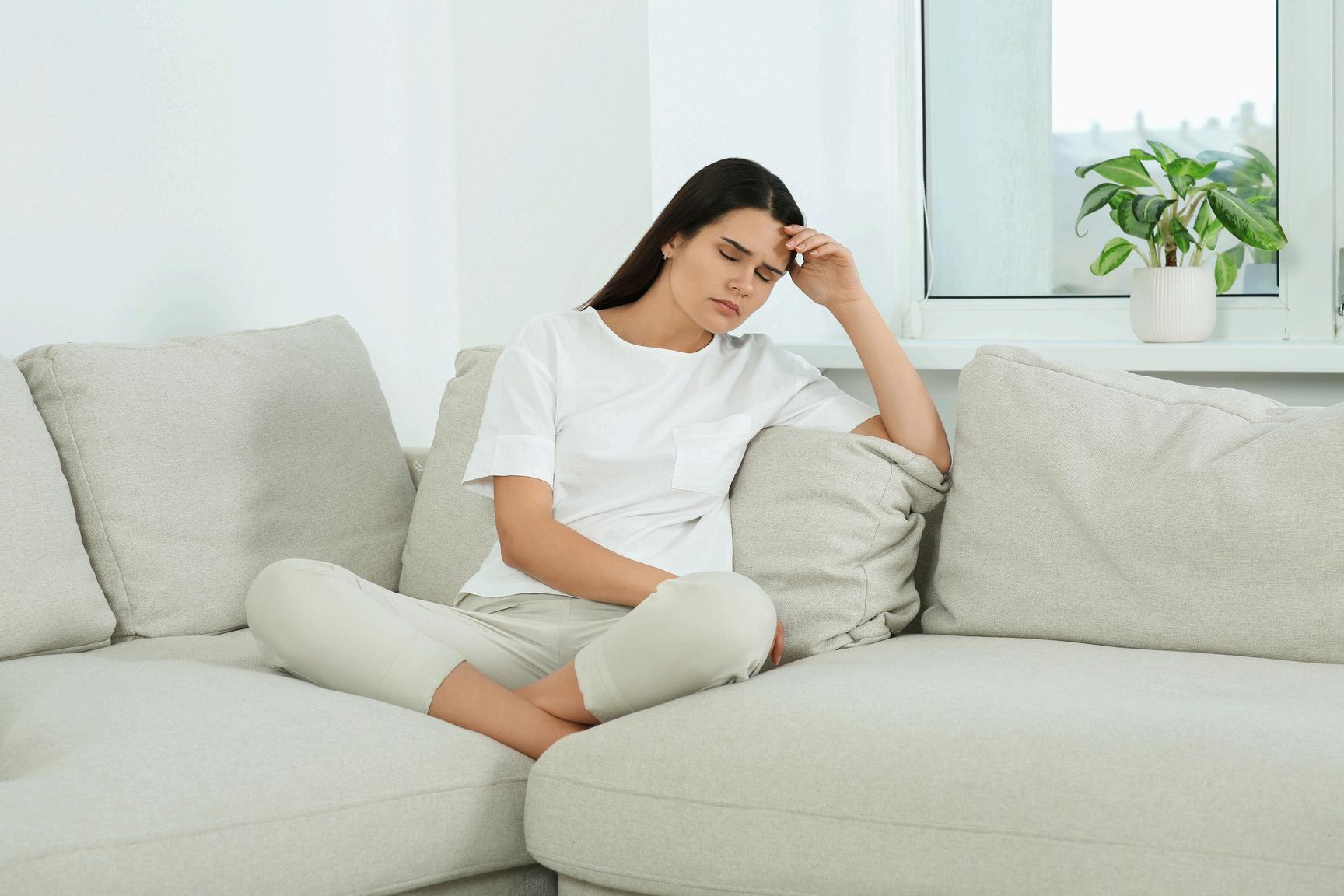

That afternoon coffee might be keeping you up at night, even if you don't feel its effects right away Many people underestimate how long caffeine can affect their bodies
Caffeine works by blocking adenosine receptors in your brain Adenosine is a neurotransmitter that builds up throughout the day and makes you feel sleepy By blocking these receptors, caffeine keeps you feeling alert but can interfere with your natural sleep-wake cycle
Caffeine has a "half-life" of about 5 hours, meaning half of it is still in your system 5 hours after you consume it. For some people, caffeine's effects can last up to 12 hours One found that consuming caffeine 6 hours before bedtime reduced total sleep time by 1 hour [17]
Avoid caffeine after 11 AM or earlier if you're sensitive to its effects and stick to only


Late dinners can disrupt your sleep by interfering with your body's natural circadian rhythm and digestive processes
Your body's circadian rhythm doesn't just control sleep; it also regulates digestion. Eating late at night can confuse these rhythms One study demonstrated that eating closer to sleep onset time was associated with higher body fat and decreased fat oxidation [18]
Moreover, lying down shortly after eating can lead to acid reflux, which can disturb sleep. Research in the American Journal of Gastroenterology showed that eating within 3 hours of bedtime significantly increased the risk of gastroesophageal reflux disease (GERD) symptoms [19]
From an Ayurvedic perspective, the body's digestive fire (Agni) is strongest at midday and starts to wind down in the evening Eating late forces the body to divert energy to digestion when it should be preparing for rest and repair.


P
While workin harder
The S
Exercis release stimula
A study that vi bedtim sleep q
Howev and sle that m can act The key of the w
The S
Try to f hours active i like yo help yo
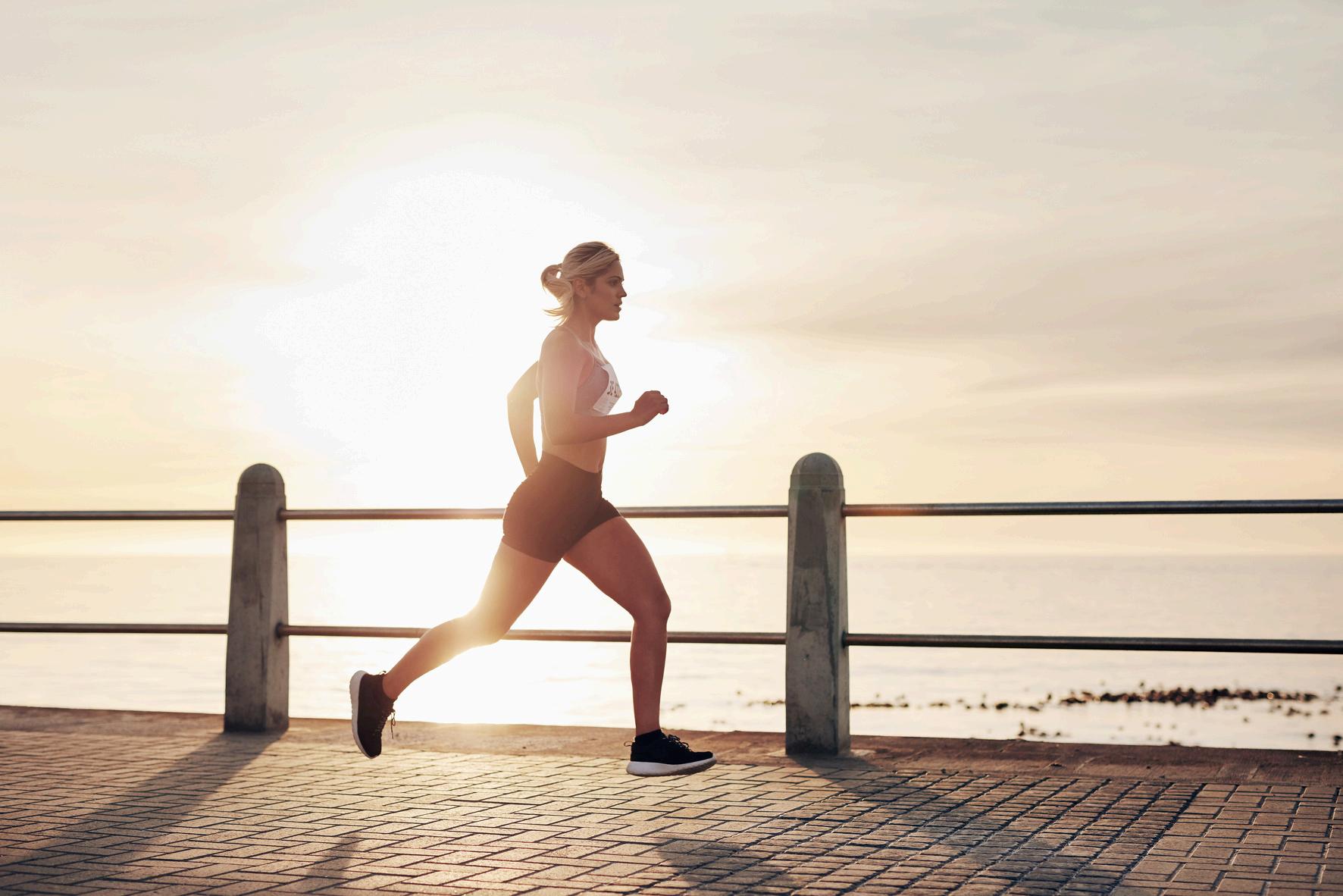

Many people enjoy a sweet treat before bed, but consuming chocolate in the evening can disrupt your sleep due to its stimulant content.
Chocolate contains two compounds that can interfere with sleep: theobromine and theophylline. These substances are similar to caffeine and can have stimulant effects on the body
For instance, theobromine can increase heart rate and promote wakefulness, and theophylline can contribute to sleep disruption. Research shows that even small amounts of caffeine-like substances consumed up to 6 hours before bedtime can significantly reduce sleep quality and quantity. [21]
Dark chocolate, which is often considered healthier, actually contains more of these stimulants than milk chocolate A 100-gram bar of dark chocolate can contain up to 230 mg of theobromine, while the same amount of milk chocolate contains about 65 mg
Avoid consuming chocolate at least 6 hours before your planned bedtime. If you do indulge in chocolate, try to consume it earlier in the day This way, you can enjoy its potential health benefits without disrupting your sleep
If you crave a sweet treat in the evening, try fresh berries, a small serving of tart cherries or cherry juice, a glass of warm milk or milk alternative, or a small handful of nuts, all of which contain compounds that naturally promote sleep.


Eating close to bedtime, especially sugary or high-fat snacks, can interfere with your sleep quality and duration
Late-night snacking can disrupt your sleep in a few key ways First, it can cause a spike in blood sugar and insulin levels, which can interfere with the body's natural nighttime hormone fluctuations

Second, digestion requires energy and can raise your core body temperature slightly. This can delay the natural drop in body temperature that signals your body it's time to sleep
Third, digestion is primarily an 'awake' function of the body When you eat close to bedtime, you're essentially telling your body to stay alert and active when it should be winding down for sleep. Our circadian rhythm is designed to slow down digestive processes at night to prioritize rest and repair
Set a "kitchen closing time" about 2-3 hours before your regular bedtime This gives your digestive system time to settle before sleep If you have bloodsugar dysregulation, try 1 teaspoon of honey or a small handful of almonds an hour before bed


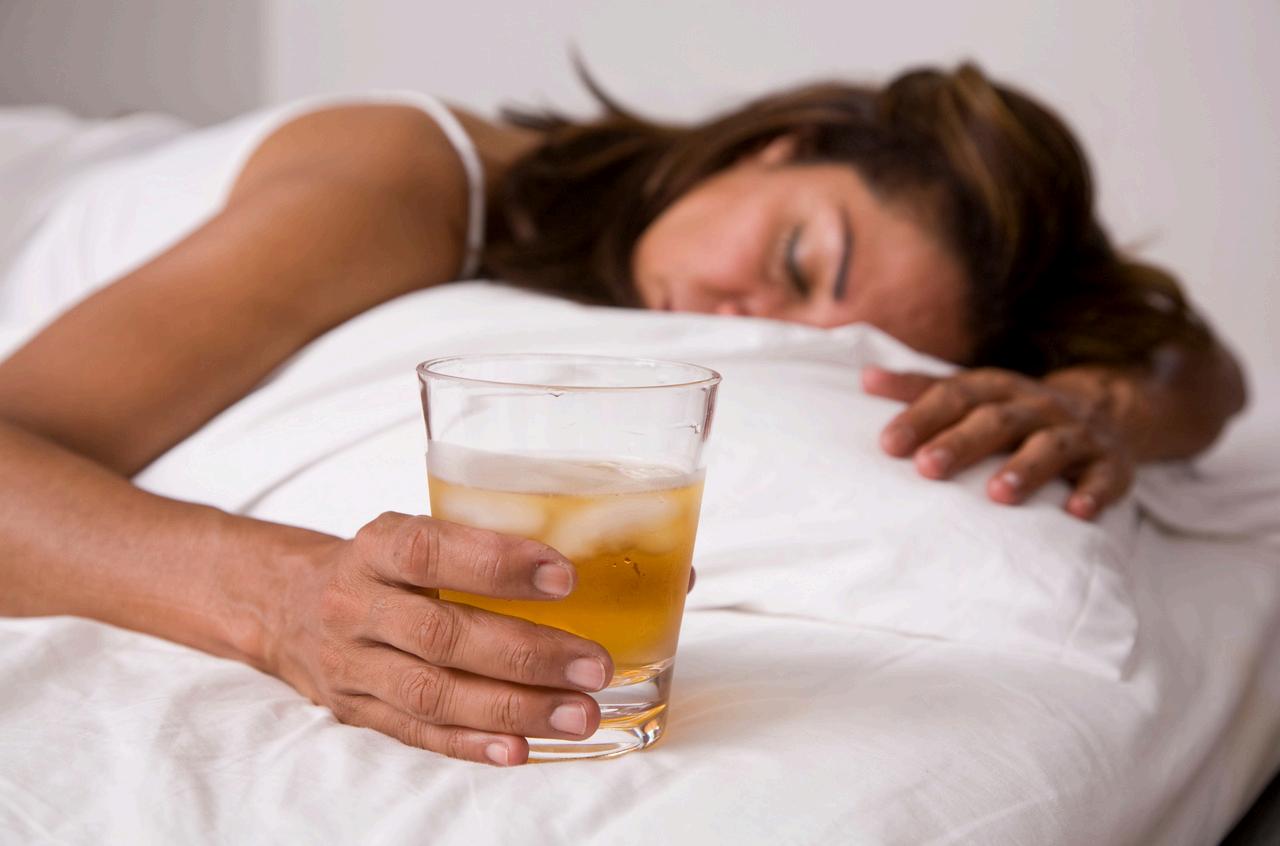
Many people think a nightcap helps them sleep, but alcohol actually disrupts your sleep cycle and leads to poor-quality rest.
While alcohol might make you feel sleepy at first, it throws off your sleep in several ways. A study found that alcohol consumption reduces REM sleep, which is crucial for memory consolidation and emotional regulation. [22]
Alcohol also suppresses melatonin production and can exacerbate sleep apnea and snoring Research in the journal Sleep showed that moderate alcohol consumption decreased sleep quality by 24% and increased nighttime awakenings. [23] Moreover, as your body metabolizes alcohol during the night, it can cause a "rebound effect," leading to more frequent awakenings and lighter sleep in the second half of the night.


The blue light emitted by phones, tablets, computers, and TVs can trick our brains into thinking it's still daytime, even when it's time for bed.
Our bodies produce melatonin in response to darkness. Blue light, which is abundant in sunlight and electronic screens, suppresses melatonin production. Blue light exposure in the evening can lead to increased alertness, higher body temperature, and decreased sleepiness Your body can’t tell the difference between light sources It responds to morning sunlight and blue light from devices similarly: keeping you awake and alert
One published study revealed that using a tablet for 2 hours before bed can delay your body's melatonin production by about 3 hours and shift your body clock by 15 hours [23]
Wear blue light blocking glasses in the evening, especially when using digital devices These special glasses filter out blue light, allowing your body to produce melatonin naturally and helping you feel sleepy at the right time And try to avoid screens entirely for at least an hour before bed. Read a physical book, listen to calming music, or engage in quiet conversation instead. By consistently reducing your blue light exposure in the evening, you can help reset your circadian rhythm and improve your sleep quality
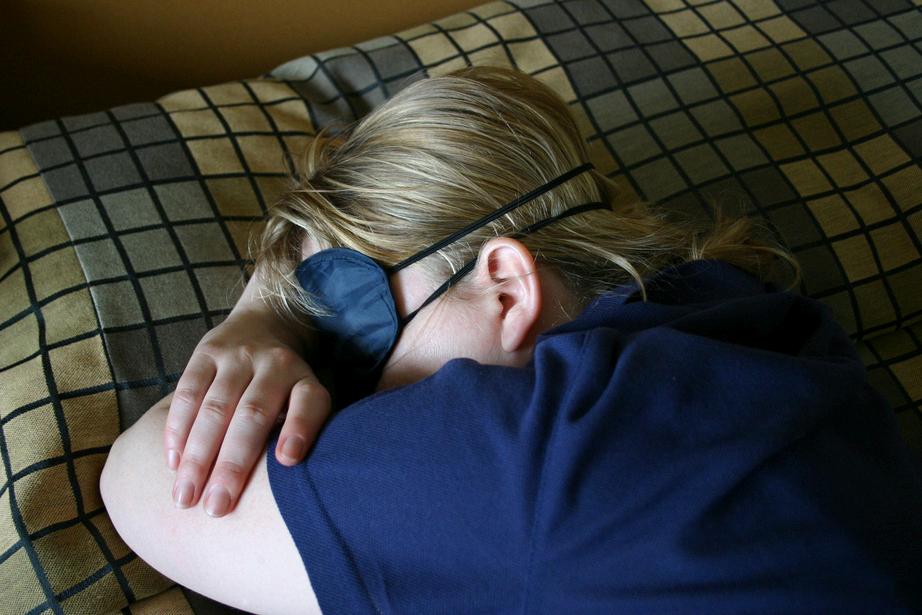
Going to bed and waking up at different times each day can throw off your body's internal clock, leading to poor sleep quality and daytime fatigue.
Our natural circadian rhythm thrives on consistency. Having irregular sleep patterns (especially on weekends) can lead to what scientists call "social jet lag." In other words, experiencing the same off-kilter feeling of jet lag without traveling to a different time zone, simply because your sleep schedule is out of sync with your body's natural rhythm
A study published in Current Biology found that people with irregular sleep patterns had higher rates of obesity, high blood pressure, and high blood sugar. [24] The study further demonstrated that even an hour of social jet lag was associated with an 11% increase in the likelihood of heart disease.
Another study in Sleep Medicine Reviews showed that irregular sleep schedules were associated with poorer academic performance in college students [25]
Even if you are well past your college years, social jet lag can impact your performance by reducing cognitive function, impairing decision-making skills, and decreasing overall productivity in your professional and personal life.
Aim to go to bed and wake up at the same time every day, even on weekends, within a 30-minute window This helps regulate your body's internal clock, making it easier to fall asleep and wake up naturally
If you do sleep in on weekends, limit it to no more than an hour past your usual wake time.
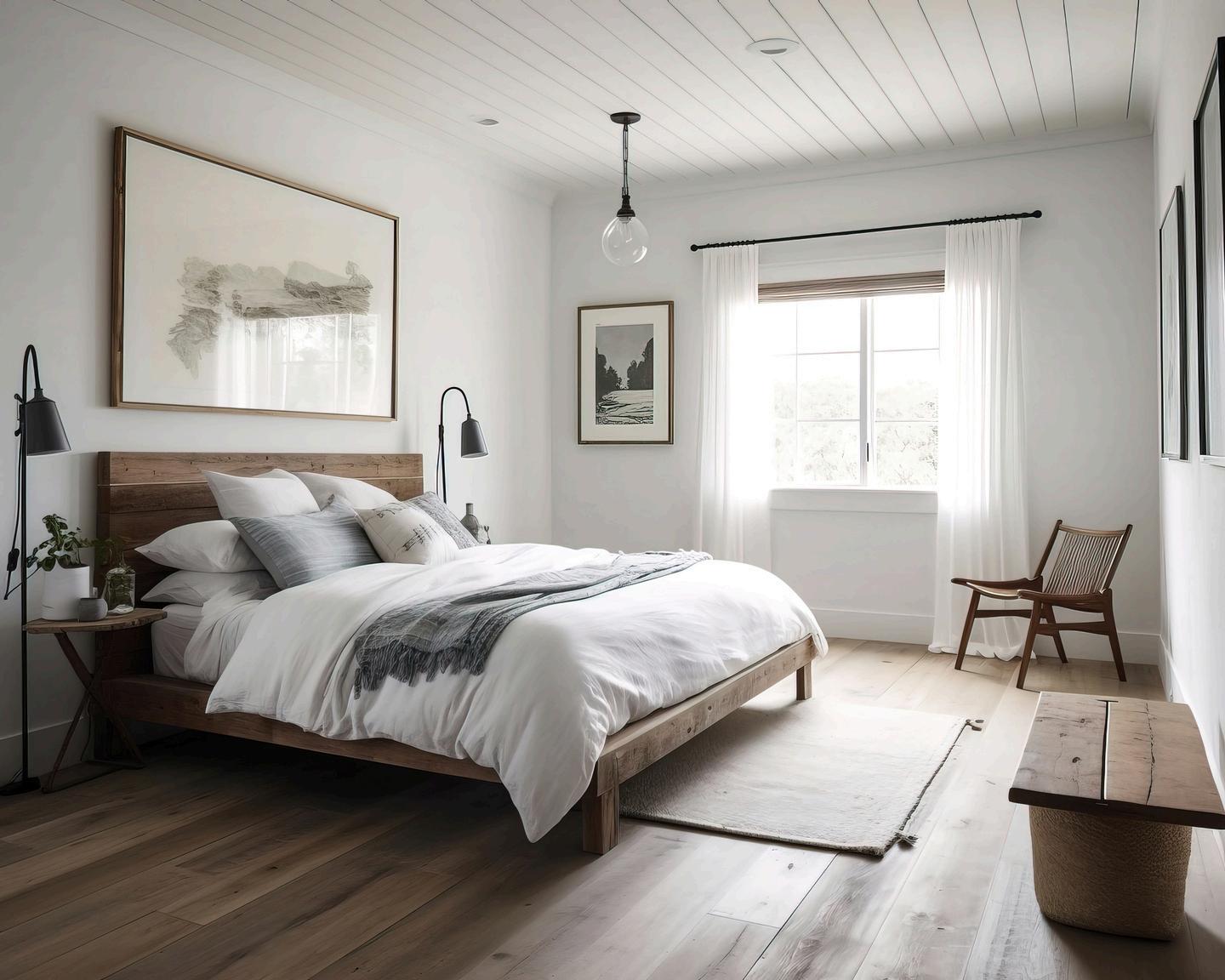
A bedroom that's too warm can make it hard to fall asleep and stay asleep, while a room that's too cold can also disrupt sleep.
Our body temperature naturally drops as we prepare for sleep. A room that's too warm can interfere with this process. Studies have shown that the ideal sleep temperature for most people is between 60-67°F (15-19°C).
Research has shown that high ambient temperatures can decrease slow-wave sleep and REM sleep, which are crucial for physical restoration and cognitive function [26]
Set your thermostat to keep your bedroom between 60-67°F (15-19°C) at night If you don't have air conditioning, use fans, open windows, or cooling
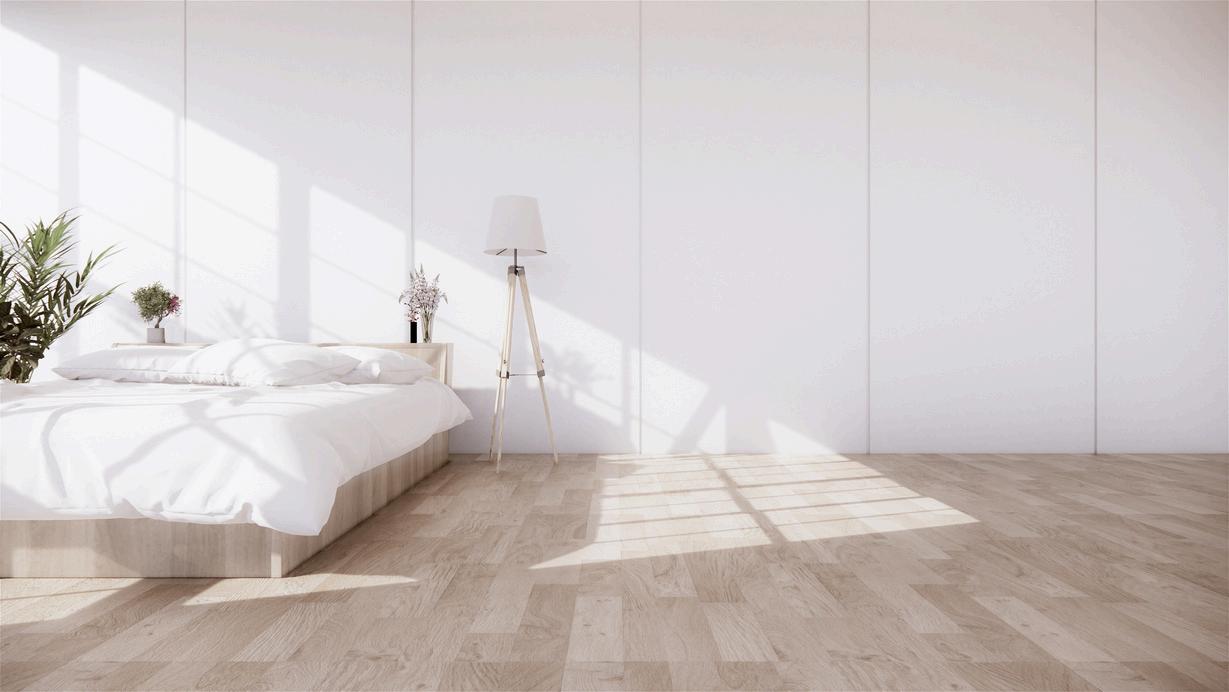
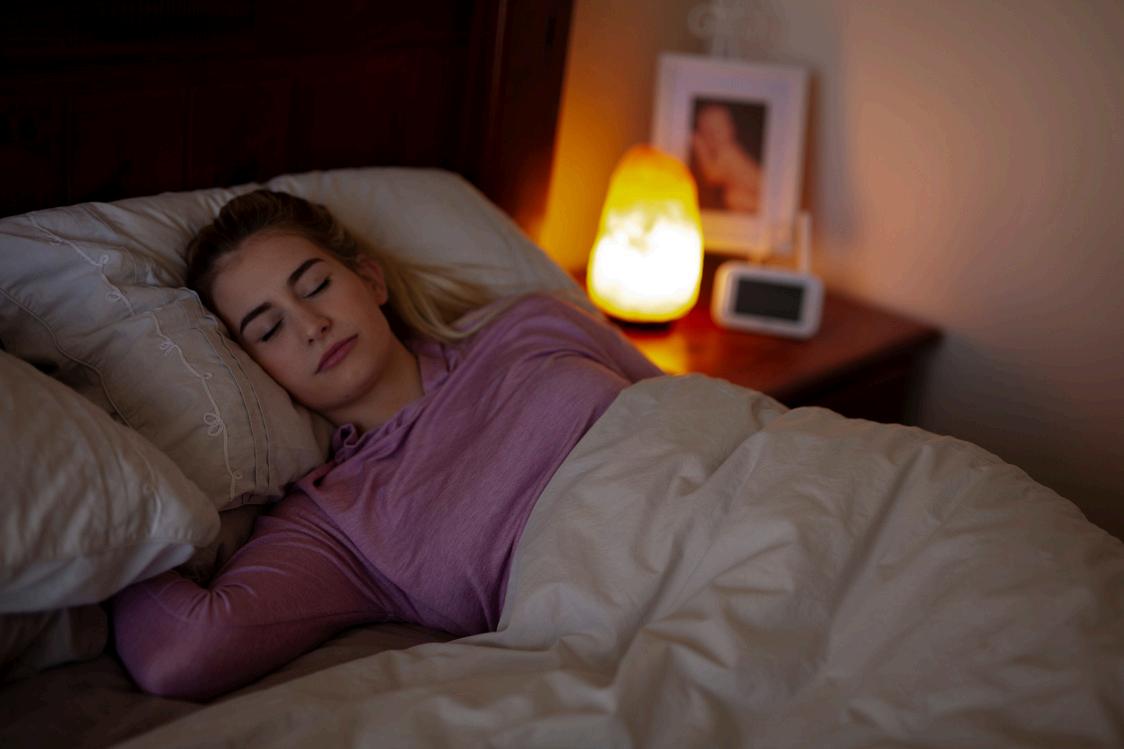
The electronic devices in our bedrooms, like phones and Wi-Fi routers, create electromagnetic fields that might interfere with our sleep
While the debate about EMFs' effects on health is ongoing, some studies suggest they might affect our sleep
For instance, a study published in Environmental Research found that exposure to EMFs from mobile phones delayed and reduced sleep quality [27] Another study showed that EMFs might affect how much melatonin our bodies produce. [28] The mechanism isn't fully understood, but it's thought that EMFs might disrupt melatonin production or interfere with the body's natural electrical processes
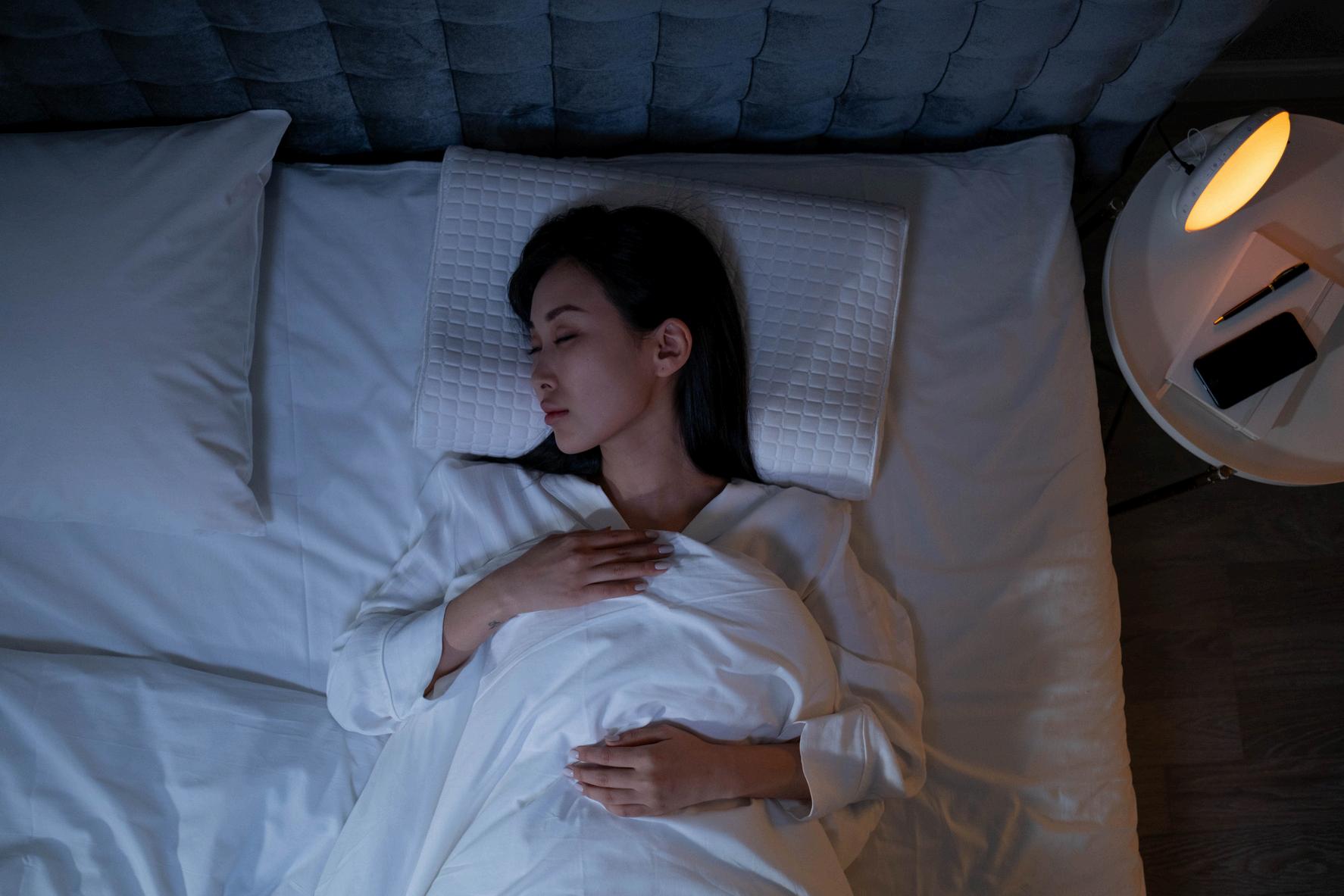


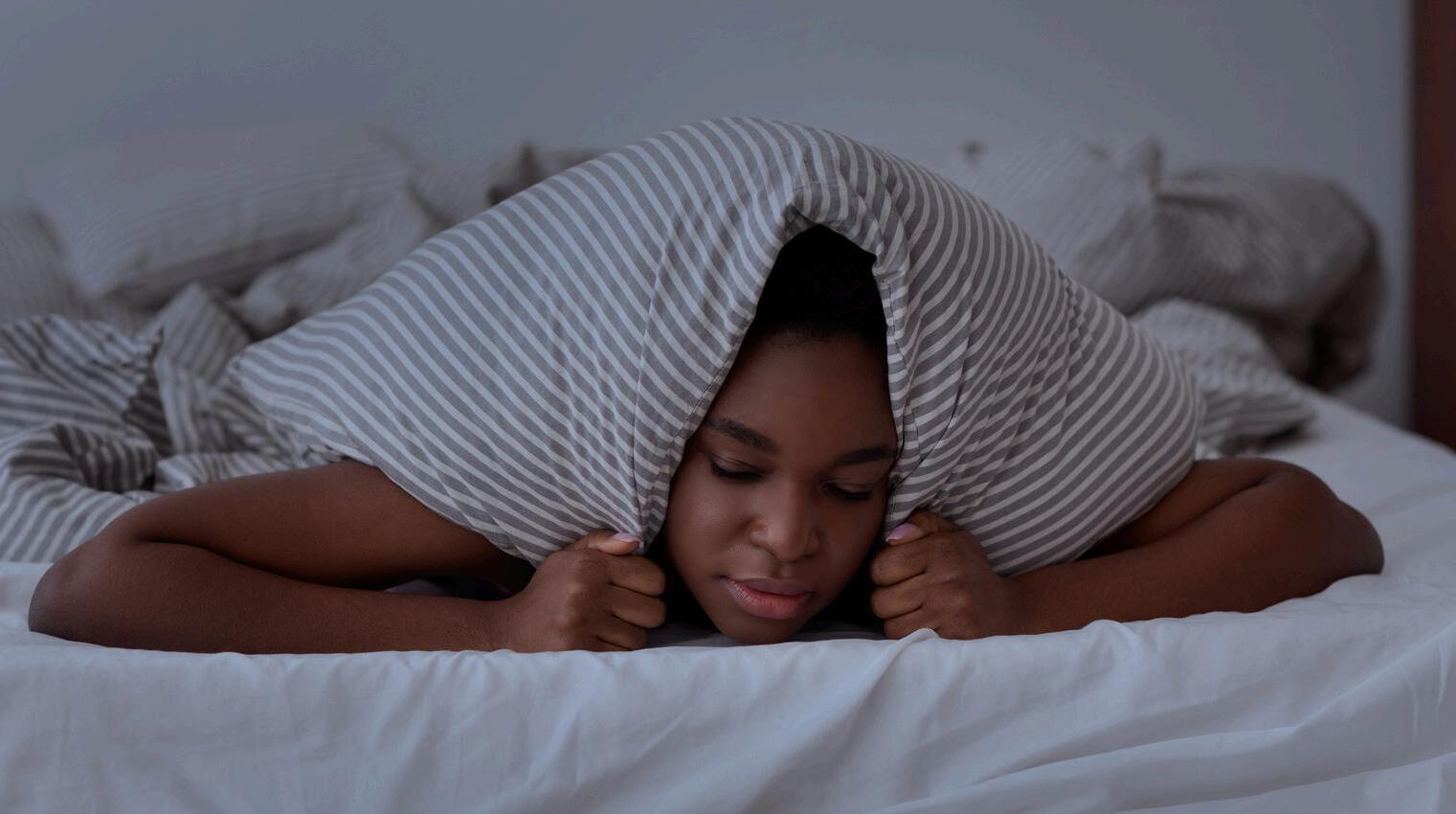
Even if noise doesn't wake you up fully, it can disrupt your sleep cycles and reduce sleep quality, leading to less restorative sleep
Our brains continue to process sounds while we sleep, particularly during light sleep stages A study published in Noise & Health found that exposure to traffic noise at night was associated with poor sleep quality and increased risk of high blood pressure [31]
Even low-level noises can cause sleep disturbances. Research in the journal Sleep found that exposure to noise during sleep can increase heart rate, blood pressure, and frequency of body movements. [32]
Use a white noise machine or app to create a consistent background sound that

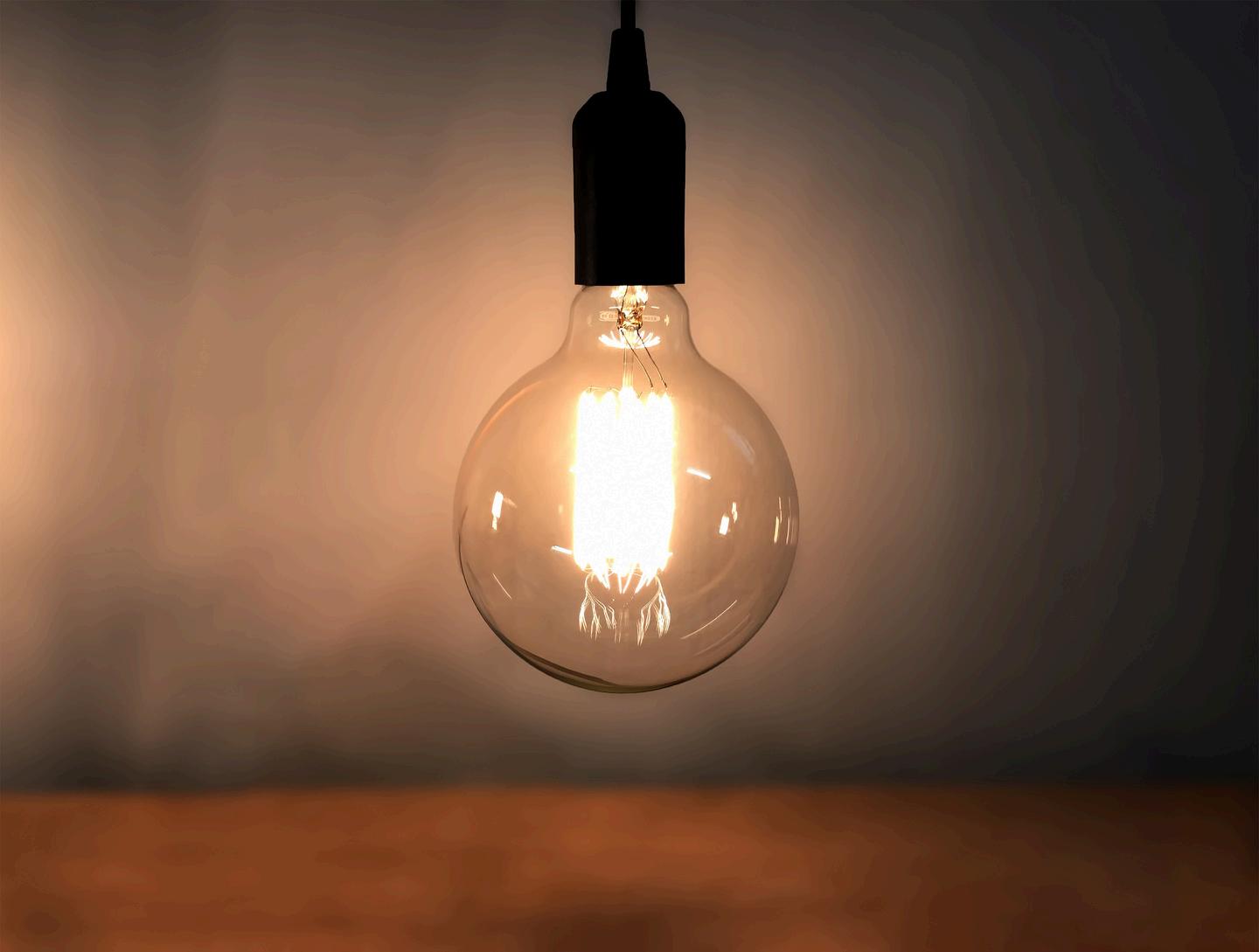
Light in your bedroom at night even small amounts can disrupt your sleep by interfering with your body's natural melatonin production.
Our bodies are extremely sensitive to light, and even dim light can suppress melatonin production A study published in the Journal of Clinical Endocrinology & Metabolism found that exposure to room light during usual sleep hours suppressed melatonin by more than 50% in most people. [33]
Moreover, research has shown that even brief light exposure during sleep can lead to metabolic changes and potentially contribute to weight gain and diabetes risk [34]
Make your bedroom as dark as possible Use blackout curtains or an eye mask to

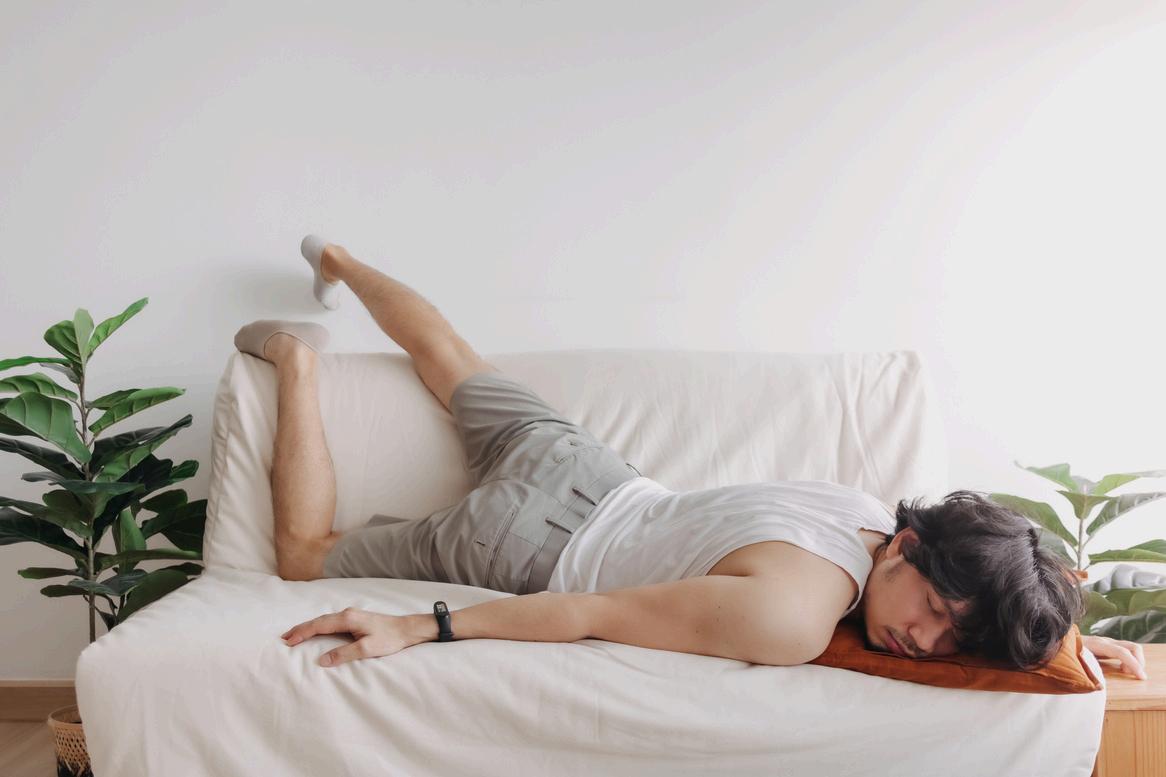
Your sleep position can affect the quality of your rest and may contribute to issues like back pain, acid reflux, or snoring Additionally, some believe that the direction your body is oriented while sleeping (eg, head pointing north) can impact sleep quality
Research has shown that sleep position can affect various aspects of health A study by Stony Brook University suggested that side sleeping might be beneficial for brain health by helping to clear metabolic waste. [35] Another study in the Journal of Clinical Gastroenterology found that sleeping on the left side can help reduce acid reflux symptoms. [36]
Sleep orientation refers to the direction in which your body is aligned while sleeping, particularly the direction your head is pointing This concept is based on the idea that the Earth's magnetic field might influence our sleep quality While scientific evidence is limited, some studies have found intriguing results. Research published in the Journal of Neuroscience showed that humans, like some other animals, can sense the Earth's magnetic field. [37] This could potentially influence sleep, though more research is needed
Experiment with different sleep positions to find what works best for you. If you're a side sleeper, try placing a pillow between your knees to align your spine If you sleep on your back, a pillow under your knees can help maintain the natural curve of your spine
As for orientation, experiment with different orientations to see if you notice any difference in your sleep quality. Some people report better sleep when their head is pointing south or east. Remember, the most important factor is that you're comfortable and able to maintain good spinal alignment throughout the night
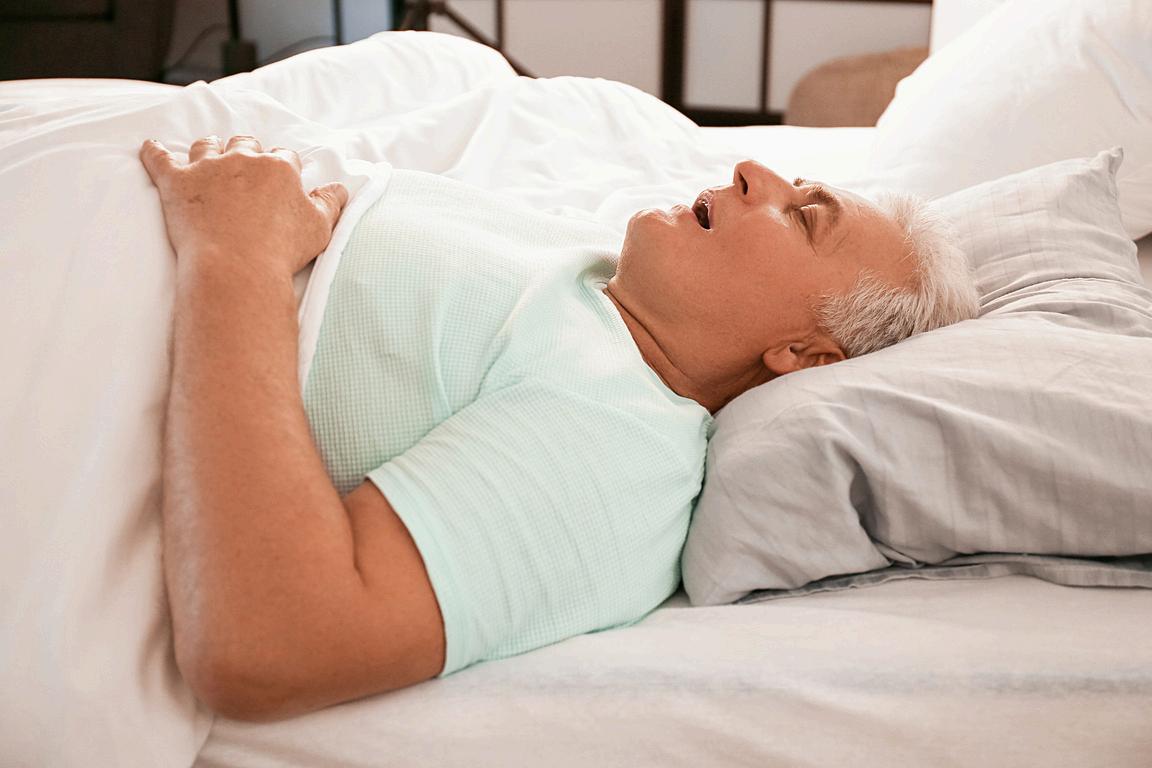
Many people unknowingly breathe mouths during sleep, which can lead quality and other health issues.
Mouth breathing during sleep is more th it can have serious implications for your quality For example, a study published Oral Rehabilitation found that mouth br the pH level in your mouth, potentially decay and gum disease [38]
Mouth breathing is also associated wi levels during sleep. Research showe breathing can lead to obstructive sleep sleep disorder characterized by repe breathing during sleep [39]
Mouth breathing can also cause snoring which can further disrupt sleep and fatigue. It's been linked to altered facial children and can exacerbate symptom allergies
Practice nasal breathing exercises du strengthen your nasal breathing muscle using nasal strips, mouth tape, or a salin clear your nasal passages and make easier during sleep.

Improving your sleep isn't just about feeling better tomorrow – it's an investment in your long-term health and longevity. You can take significant steps toward better rest and better health by addressing these often-overlooked factors that might be disrupting your sleep.
Remember, everyone's sleep needs are slightly different. If you continue to struggle with sleep issues despite making changes, don't hesitate to talk to a doctor or sleep specialist They can help identify any underlying issues and provide personalized advice to improve your sleep
By implementing the strategies outlined in this guide, you're not just improving your nightly rest – you're taking a crucial step toward a healthier, more balanced life.
Sweet dreams, and here's to many nights of restorative, healthpromoting sleep ahead!
Here's a quick reference checklist to help you implement the tips from this book:

Get 30 minutes of sunlight exposure daily
Maintain consistent meal times
Regulate cortisol with morning exercise or breathwork
Practice stress-reduction techniques before bed
Stay hydrated throughout the day
Use your bed only for sleep and sex
Ensure adequate vitamin D levels
Avoid caffeine after 2 PM
Finish dinner by 7 PM
Avoid intense exercise close to bedtime
Stop snacking 2-3 hours before bed
Limit alcohol, especially close to bedtime
Use blue light blocking glasses in the evening
Maintain a consistent sleep schedule
Keep your bedroom cool (60-67°F)
Create an EMF-free sleep environment
Consider a separate sleeping area for pets
Minimize differences between weekday and weekend sleep schedules
Use white noise to mask disruptive sounds
Make your bedroom as dark as possible
Experiment with sleep positions for comfort and health
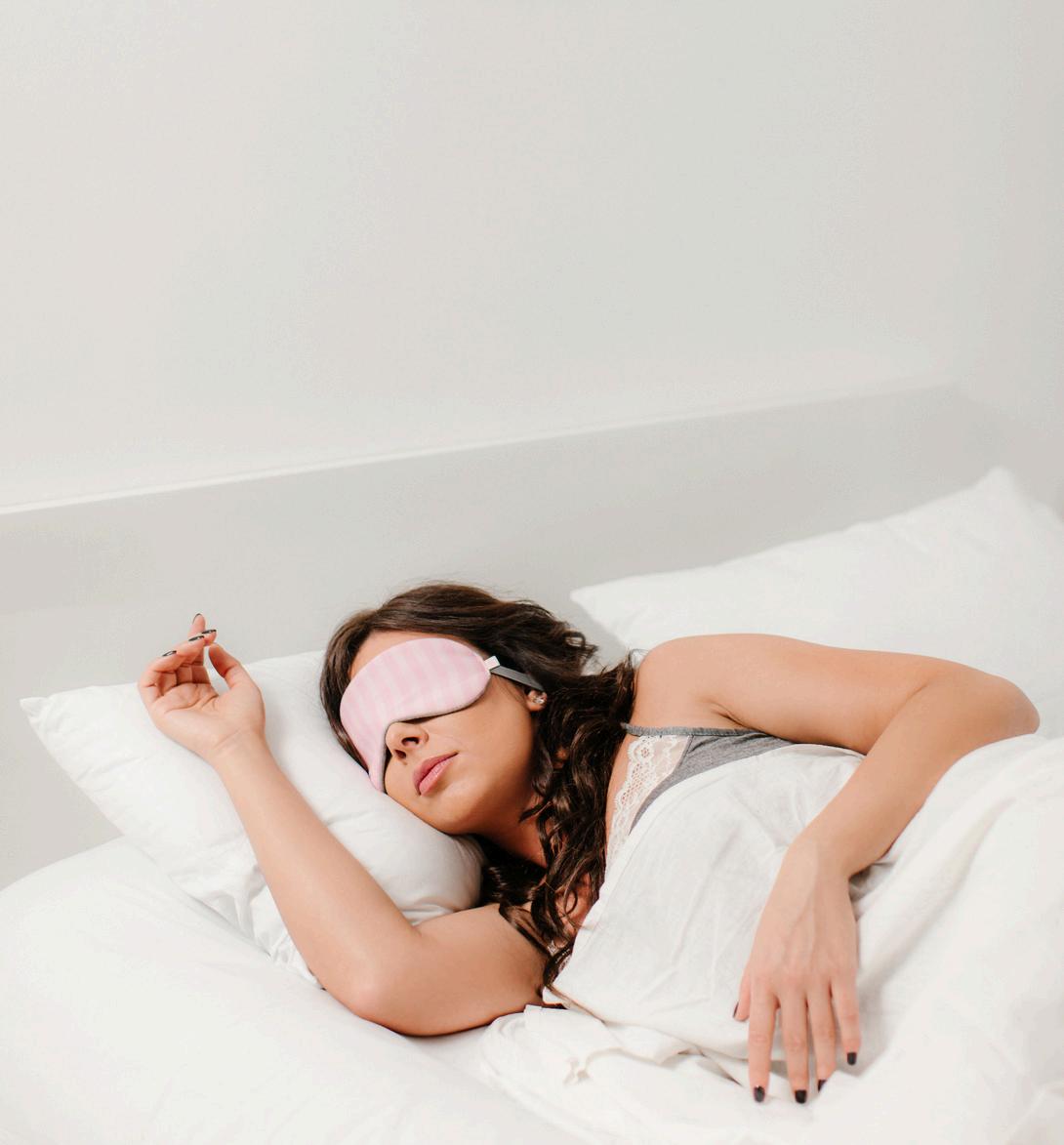
This smoothie is a great sleep aid because tart cherry juice contains melatonin, a hormone that helps regulate your sleep cycle Bananas are rich in magnesium and potassium, which help relax muscles, making it easier to fall asleep For best results, enjoy this smoothie about an hour before bedtime to give your body time to absorb these nutrients.
Ingredients:
1 cup tart cherry juice
1 ripe banana
1/2 cup Greek yogurt
1/2 tsp honey (optional)
Ice cubes
Instructions:
Blend all ingredients until smooth.

Chamomile and lavender are known for their calming properties, which make this tea an ideal way to wind down before bed Chamomile has mild sedative effects, and lavender is often used in aromatherapy to promote relaxation
Drink this tea about 30 minutes before you plan to go to sleep to help signal to your body that it’s time to rest.
Ingredients:
1 chamomile tea bag
1/4 tsp dried lavender
1 cup hot water
1 tsp honey (optional)
Instructions:
Steep chamomile and lavender in hot water for 5 minutes, strain, and add honey if desired.
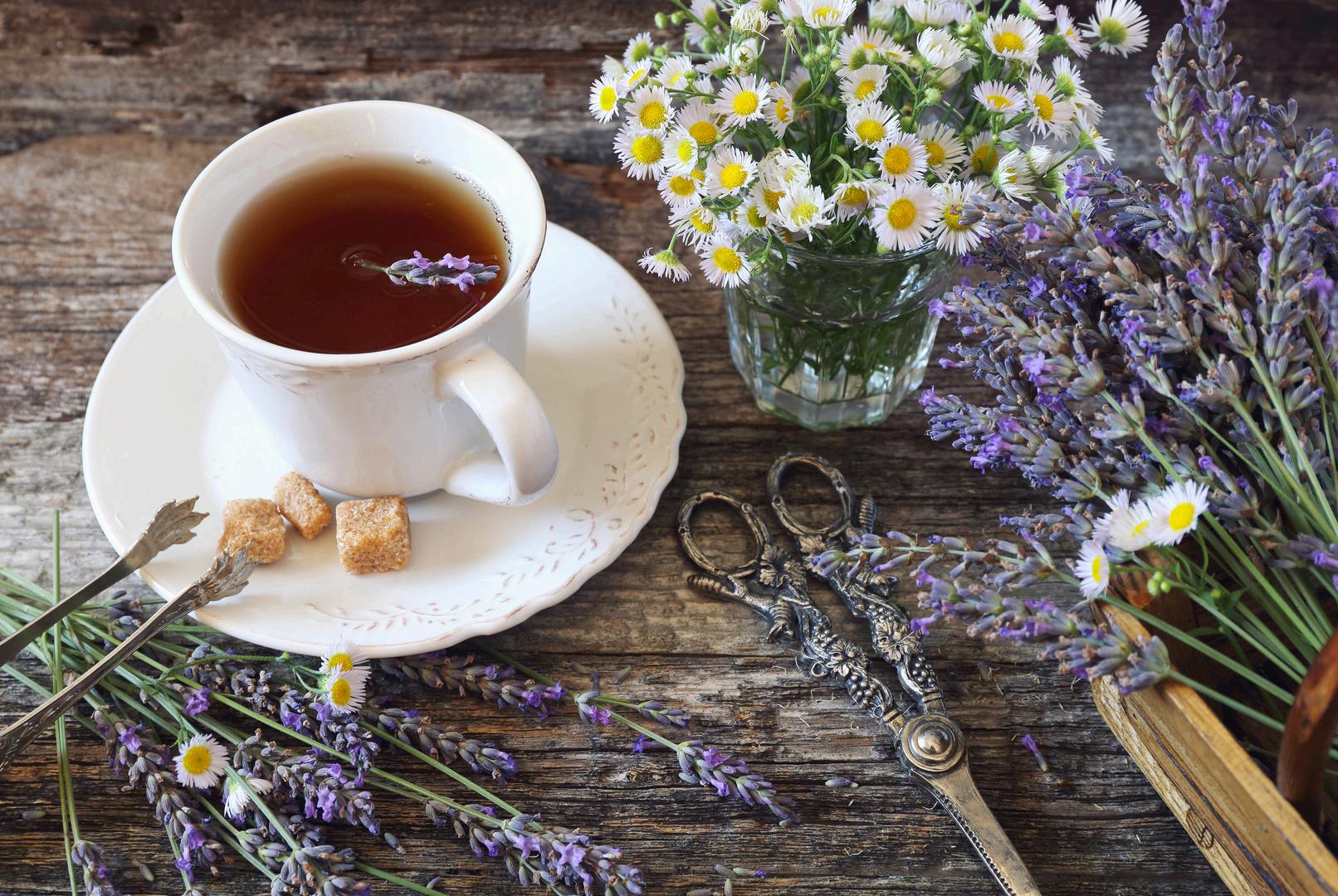
This smoothie is perfect for starting your day with sustained energy. It includes spinach, which is high in iron and can help prevent morning fatigue. The banana provides natural sugars for a quick energy boost, while the almond butter adds protein and healthy fats to keep you full and energized

1 cup spinach
1 ripe banana
1 tbsp almond butter
1/2 cup unsweetened almond milk
1/4 tsp cinnamon
Instructions: Ice cubes
Blend all ingredients until smooth. Enjoy right after waking up for an energizing start to your day
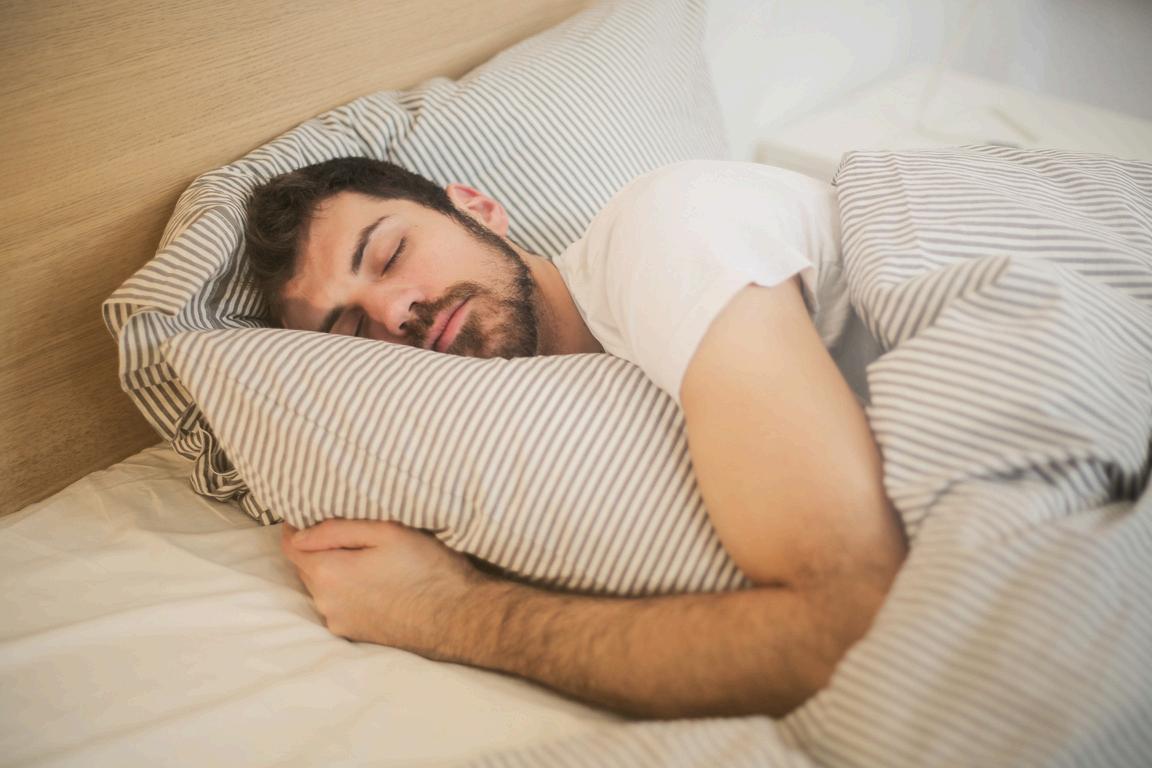
The 4-7-8 breathing technique helps calm your nervous system and reduce stress, making it easier to fall asleep By controlling your breath in this way, you activate your parasympathetic nervous system, which promotes relaxation and helps quiet your mind
How to do it:
Inhale through your nose for 4 seconds
Hold your breath for 7 seconds
Exhale slowly through your mouth for 8 secondseek yogurt
Repeat 4 times

Box breathing is a simple yet effective way to relax your mind and body. This technique helps regulate your breathing and reduce stress, which can lead to a more restful sleep. It’s a great tool to use if you’re feeling anxious or having trouble winding down at night
How to do it:
Inhale for 4 seconds
Hold for 4 seconds
Exhale for 4 seconds
Hold for 4 seconds
Repeat for 4-5 cycles
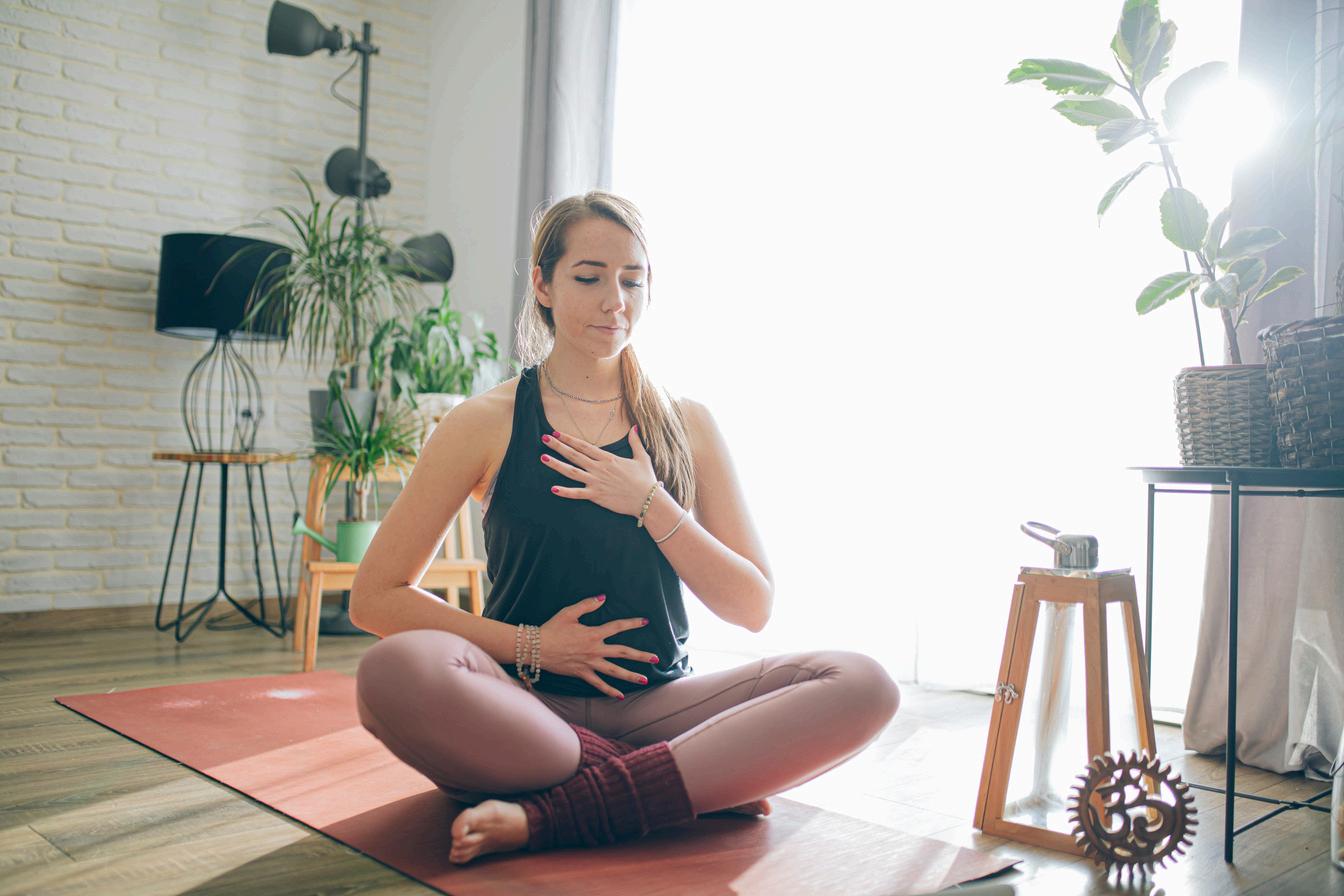
Originally developed to help soldiers fall asleep quickly in any situation, including on the battlefield, the military sleep method is designed to help you relax deeply and let go of stress
It’s especially useful if you have trouble shutting off your mind at night.
How to do it:
Relax your face: Close your eyes and slowly relax your facial muscles, starting with your forehead and moving down to your cheeks, mouth, and jaw
Drop your shoulders and arms: Once your face is relaxed, work your way down to your neck, shoulders, and arms
Relax your chest: Exhale and relax your chest
Relax your legs: Start with your right thigh, and then relax your calf, ankle, and foot.
Clear your mind: Try repeating the words "Don't think" for 10 seconds.
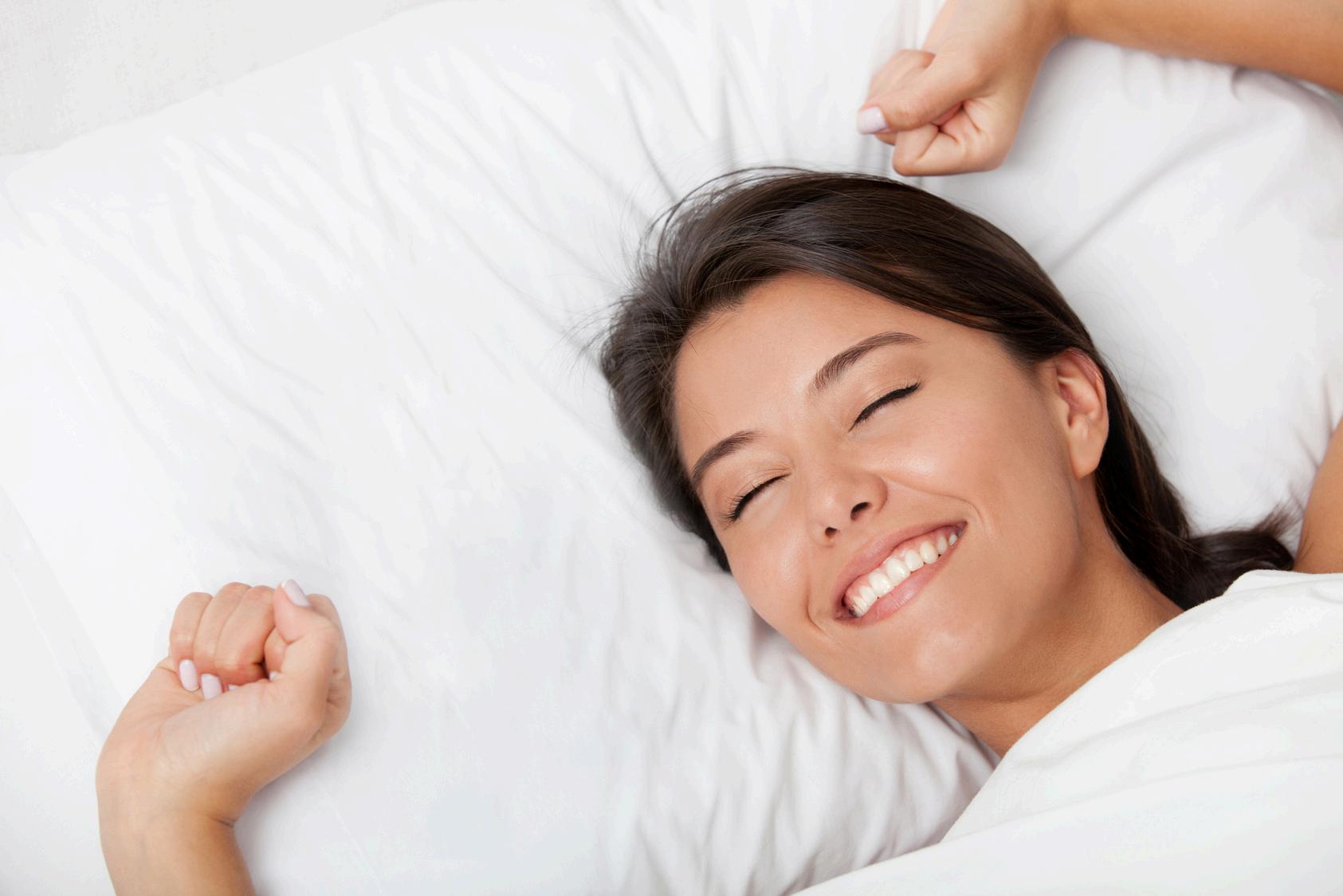
Don't check the time – this can increase anxiety and make it harder to fall back asleep.
If you can't fall back asleep within 20 minutes, get out of bed and do a quiet, non-stimulating activity like reading a book (not on a screen) under dim light.
Try a progressive muscle relaxation exercise: Starting from your toes, tense each muscle group for 5 seconds, then relax for 30 seconds Work your way up to your head
Use the 4-7-8 breathing technique described above
If anxious thoughts keep you awake, try writing them down in a journal to get them out of your head.
Remember, the key to better sleep is consistency It may take time for your body to adjust to new habits, so be patient and persistent
[1] Cappuccio, F P, et al (2011) Sleep duration predicts cardiovascular outcomes: a systematic review and meta-analysis of prospective studies. European Heart Journal, 32(12), 1484-1492. DOI: 10.1093/eurheartj/ehr007
[2] Mander, B A, et al (2013) Prefrontal atrophy, disrupted NREM slow waves and impaired hippocampal-dependent memory in aging Nature Neuroscience, 16(3), 357-364 https://doi.org/10.1038/nn.3324
[3] Prather, A A, et al (2015) Behaviorally Assessed Sleep and Susceptibility to the Common Cold Sleep, 38(9), 1353-1359 https://doiorg/105665/sleep4968
[4] Broussard, J L, et al (2012) Impaired insulin signaling in human adipocytes after experimental sleep restriction: a randomized, crossover study Annals of Internal Medicine, 157(8), 549-557 DOI: 107326/0003-4819-157-8-201210160-00005
[5] Taheri, S., et al. (2004). Short sleep duration is associated with reduced leptin, elevated ghrelin, and increased body mass index PLoS Medicine, 1(3), e62
[6] Centers for Disease Control and Prevention (2016) 1 in 3 adults don't get enough sleep CDC Newsroom. https://archive.cdc.gov/www cdc gov/media/releases/2016/p0215enough-sleephtml
[7] Boubekri, M, et al (2014) Impact of windows and daylight exposure on overall health and sleep quality of office workers: a case-control pilot study. Journal of Clinical Sleep Medicine, 10(6), 603-611 doi: 105664/jcsm3780
[8] Wehrens, S M, et al (2017) Meal Timing Regulates the Human Circadian System Current Biology, 27(12), 1768-1775.e3. DOI: 10.1016/j.cub.2017.04.059
[9] Hirotsu, C, et al (2015) Interactions between sleep, stress, and metabolism: From physiological to pathological conditions Sleep Science, 8(3), 143-152 doi: 10.1016/j.slsci.2015.09.002
[10] Åkerstedt, T, et al (2002) Work load and work hours in relation to disturbed sleep and fatigue in a large representative sample Journal of Psychosomatic Research, 53(1), 585588 https://doiorg/101016/S0022-3999(02)00447-6
[11] Alvaro, P K, et al (2013) A systematic review assessing bidirectionality between sleep disturbances, anxiety, and depression Sleep, 36(7), 1059-1068 DOI: 105665/sleep2810
[12] Rosinger, A. Y., et al. (2019). Short sleep duration is associated with inadequate hydration: Cross-cultural evidence from US and Chinese adults Sleep, 42(2), zsy210 DOI: 101093/sleep/zsy210
[13] Chang, A. M., et al. (2015). Evening use of light-emitting eReaders negatively affects sleep, circadian timing, and next-morning alertness Proceedings of the National Academy of Sciences, 112(4), 1232-1237 DOI: 101073/pnas1418490112
[14] Gao, Q, et al (2018) The Association between Vitamin D Deficiency and Sleep Disorders: A Systematic Review and Meta-Analysis. Nutrients, 10(10), 1395. DOI: 103390/nu10101395
[15] Kravitz, H M, et al (2003) Sleep disturbance during the menopausal transition in a multi-ethnic community sample of women Sleep, 26(10), 1028-1037 PMCID: PMC2491500
[16] Barrett-Connor, E, et al (2008) Endogenous sex hormones and cognitive function in older men Journal of Clinical Endocrinology & Metabolism, 93(7), 2439-2446 DOI: 101210/jcem84106086
[17] Drake, C, et al (2013) Caffeine effects on sleep taken 0, 3, or 6 hours before going to bed Journal of Clinical Sleep Medicine, 9(11), 1195-1200 doi: 105664/jcsm3170
[18] McHill, A. W., et al. (2017). Later circadian timing of food intake is associated with increased body fat The American Journal of Clinical Nutrition, 106(5), 1213-1219 DOI: 103945/ajcn117161588
[19] Fujiwara, Y., et al. (2005). Association between dinner-to-bed time and gastroesophageal reflux disease. The American Journal of Gastroenterology, 100(12), 2633-2636. DOI: 101111/j1572-0241200500354x
[20] Stutz, J, et al (2019) Effects of Evening Exercise on Sleep in Healthy Participants: A Systematic Review and Meta-Analysis. Sports Medicine, 49(2), 269-287. DOI: 101007/s40279-018-1015-0
[21] Paprocki, J (2022, October 6) Sleep and caffeine Sleep Education https://sleepeducation.org/sleep-caffeine/
[22] Ebrahim, I O, et al (2013) Alcohol and sleep I: effects on normal sleep Alcoholism: Clinical and Experimental Research, 37(4), 539-549 DOI: 101111/acer12006
[23] Roehrs, T, & Roth, T (2001) Sleep, sleepiness, and alcohol use Alcohol Research & Health, 25(2), 101-109 PMCID: PMC6707127
[24] Wong, P. M., et al. (2015). Social Jetlag, Chronotype, and Cardiometabolic Risk. The Journal of Clinical Endocrinology & Metabolism, 100(12), 4612-4620. DOI: 10.1210/jc.20152923
[25] Phillips, A J K, et al (2017) Irregular sleep/wake patterns are associated with poorer academic performance and delayed circadian and sleep/wake timing. Scientific Reports, 7(1), 3216 https://doiorg/101038/s41598-017-03171-4
[26] Okamoto-Mizuno, K, & Mizuno, K (2012) Effects of thermal environment on sleep and circadian rhythm. Journal of Physiological Anthropology, 31(1), 14. https://doiorg/101186/1880-6805-31-14
[27] Danker-Hopfe, H, et al (2016) Effects of mobile phone exposure (GSM 900 and WCDMA/UMTS) on polysomnography based sleep quality: An intra- and inter-individual perspective. Environmental Research, 145, 50-60. DOI: 10.1016/j.envres.2015.11.011
[28] Lewczuk, B, et al (2014) Influence of electric, magnetic, and electromagnetic fields on the circadian system: current stage of knowledge. BioMed Research International, 2014, 169459 doi: 101155/2014/169459
[29] Krahn, L E, et al (2015) Are Pets in the Bedroom a Problem? Mayo Clinic Proceedings, 90(12), 1663-1665 DOI: 101016/jmayocp201508012
[30] Hoffman, C L, et al (2018) An Examination of Adult Women's Sleep Quality and Sleep Routines in Relation to Pet Ownership and Bedsharing Anthrozoös, 31(6), 711-725 DOI:101080/0892793620181529354
[31] Basner, M, et al (2014) Auditory and non-auditory effects of noise on health The Lancet, 383(9925), 1325-1332 DOI: 101016/S0140-6736(13)61613-X
[32] Griefahn, B., et al. (2006). Autonomic arousals related to traffic noise during sleep. Sleep, 29(4), 569-580 doi: 101093/sleep/314569
[33] Gooley, J J, et al (2011) Exposure to Room Light before Bedtime Suppresses Melatonin Onset and Shortens Melatonin Duration in Humans. The Journal of Clinical Endocrinology & Metabolism, 96(3), E463-E472. DOI: 10.1210/jc.2010-2098
[34] Cheung, I N, et al (2016) Morning and Evening Blue-Enriched Light Exposure Alters Metabolic Function in Normal Weight Adults PLOS ONE, 11(5), e0155601 DOI: 10.1371/journal.pone.0155601
[35] Lee H, Xie L, Yu M, Kang H, Feng T, Deane R, Logan J, Nedergaard M, Benveniste H The Effect of Body Posture on Brain Glymphatic Transport J Neurosci 2015 Aug 5;35(31):11034-44. doi: 10.1523/JNEUROSCI.1625-15.2015. PMID: 26245965; PMCID: PMC4524974
[36] Person, E, et al (2015) A Novel Sleep Positioning Device Reduces Gastroesophageal Reflux: A Randomized Controlled Trial. Journal of Clinical Gastroenterology, 49(8), 655-659. DOI: 101097/MCG0000000000000359
[37] Wang, C X, et al (2019) Transduction of the Geomagnetic Field as Evidenced from Alpha-band Activity in the Human Brain. eNeuro, 6(2), ENEURO.0483-18.2019. https://doi.org/10.1523/ENEURO.0483-18.2019
[38] Choi, J E, et al (2016) Influence of mouth breathing on the dentofacial growth of children Journal of Oral Rehabilitation, 43(5), 356-362 PMID: 25628484
[39] Lee, S Y, et al (2015) Mouth breathing, "nasal disuse," and pediatric sleep-disordered breathing Sleep and Breathing, 19(4), 1257-1264 DOI: 101007/s11325-015-1154-6